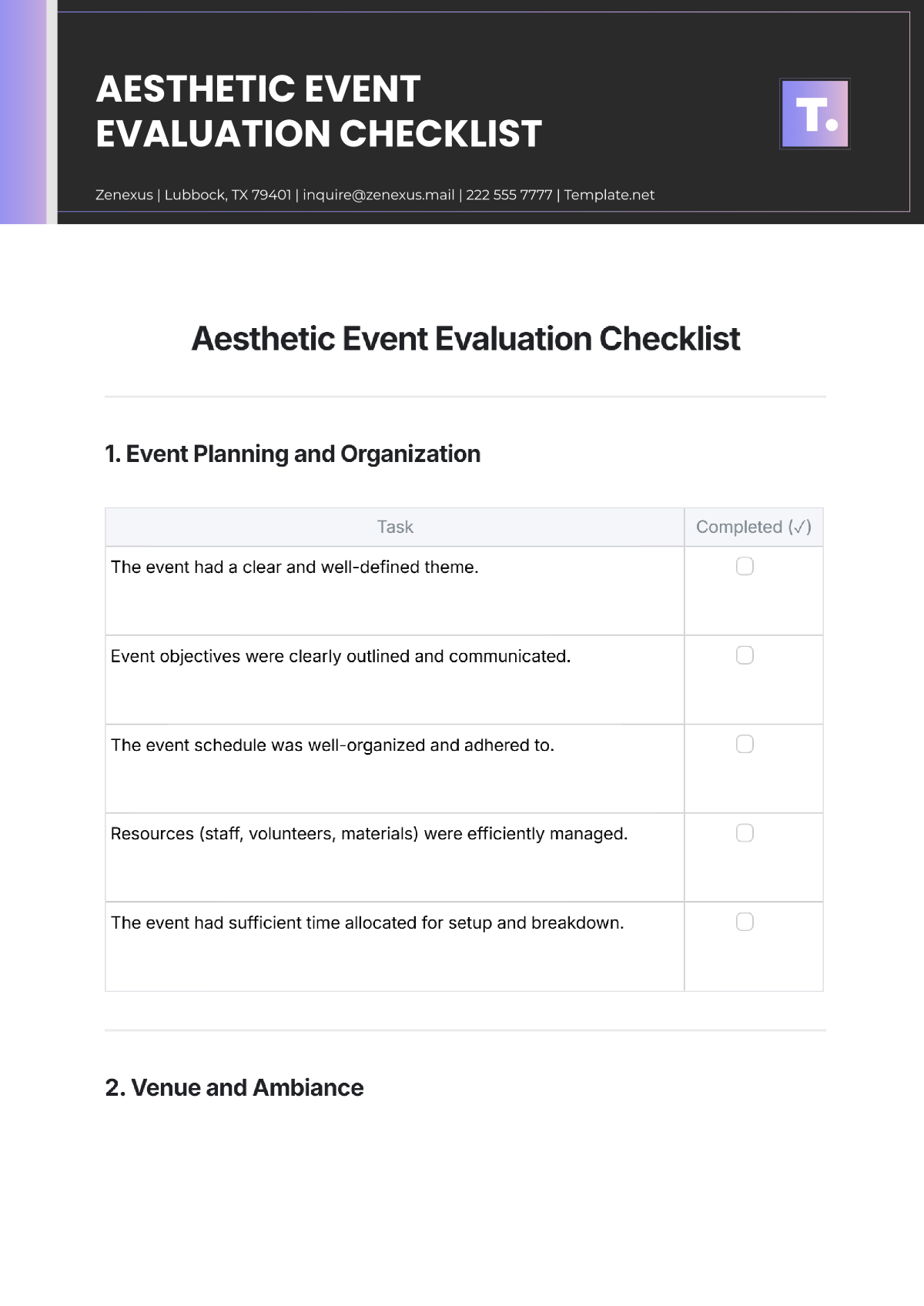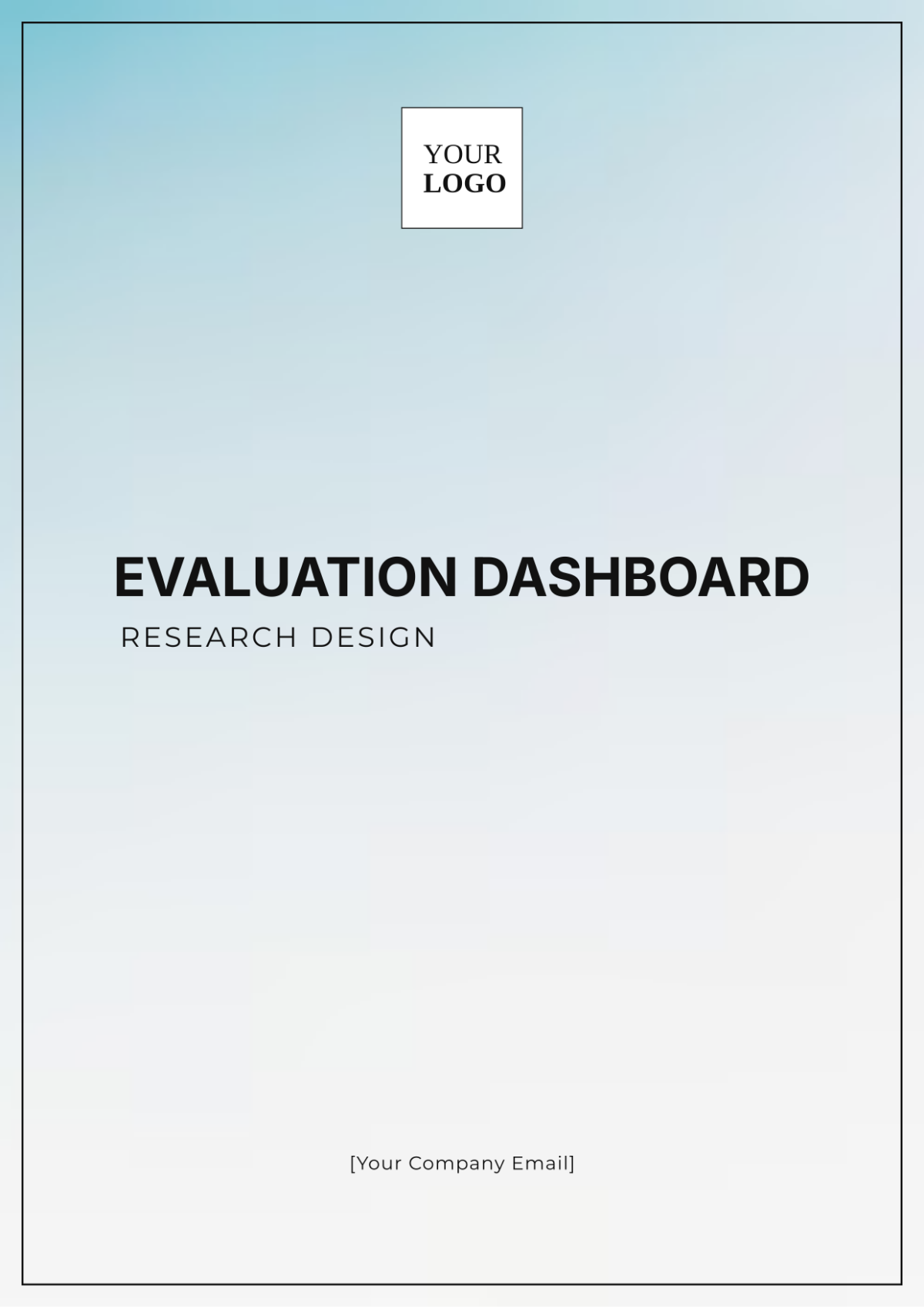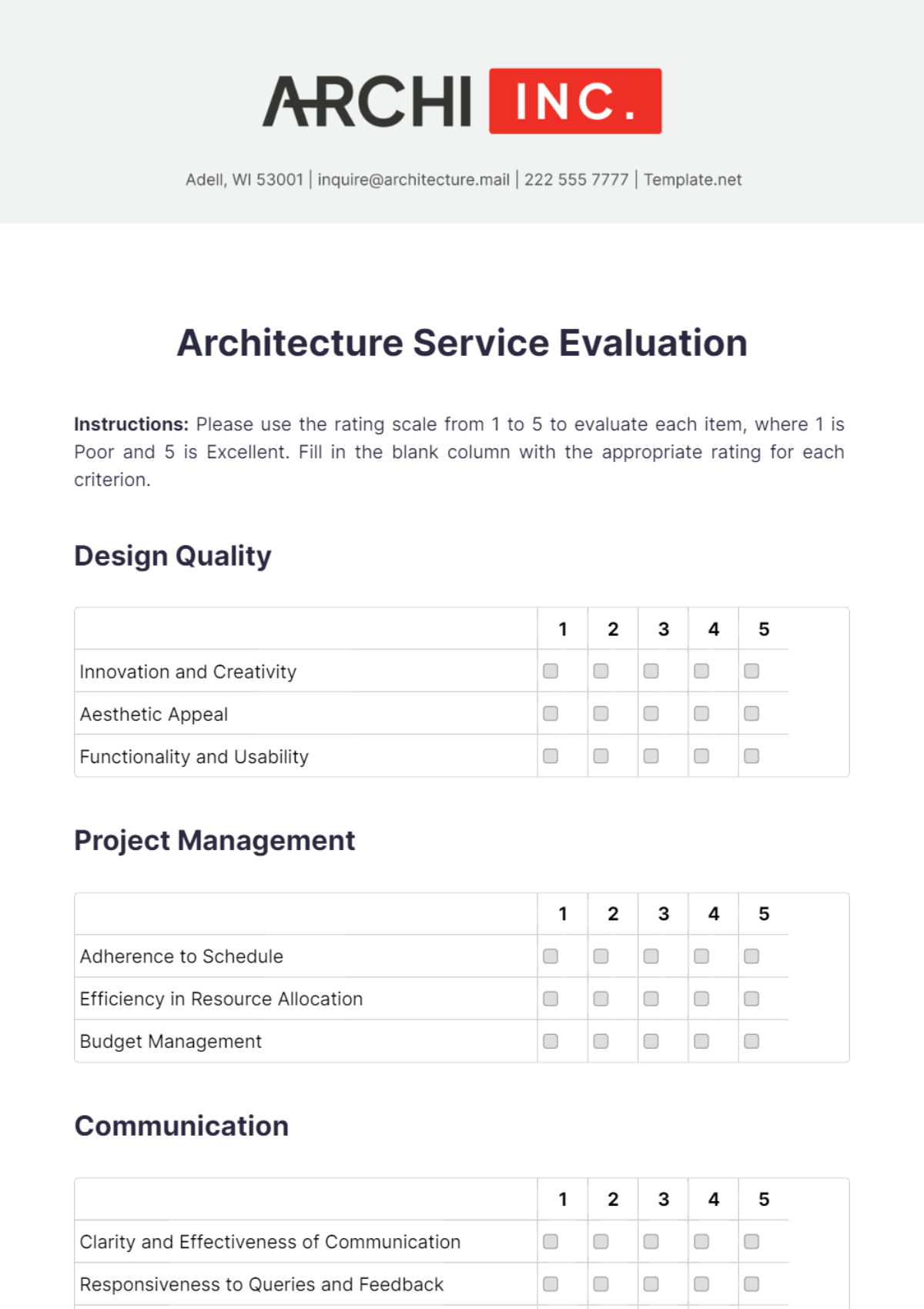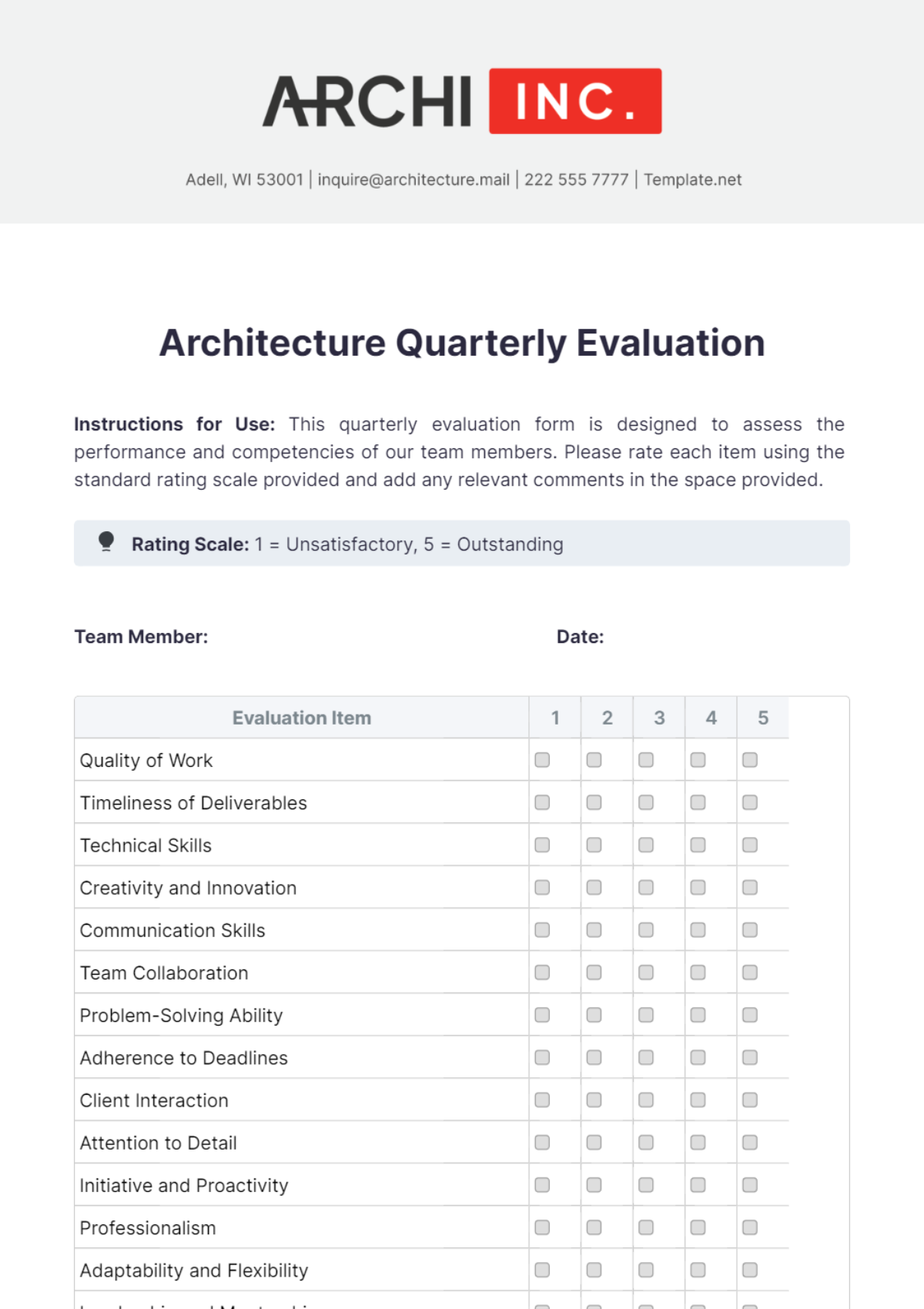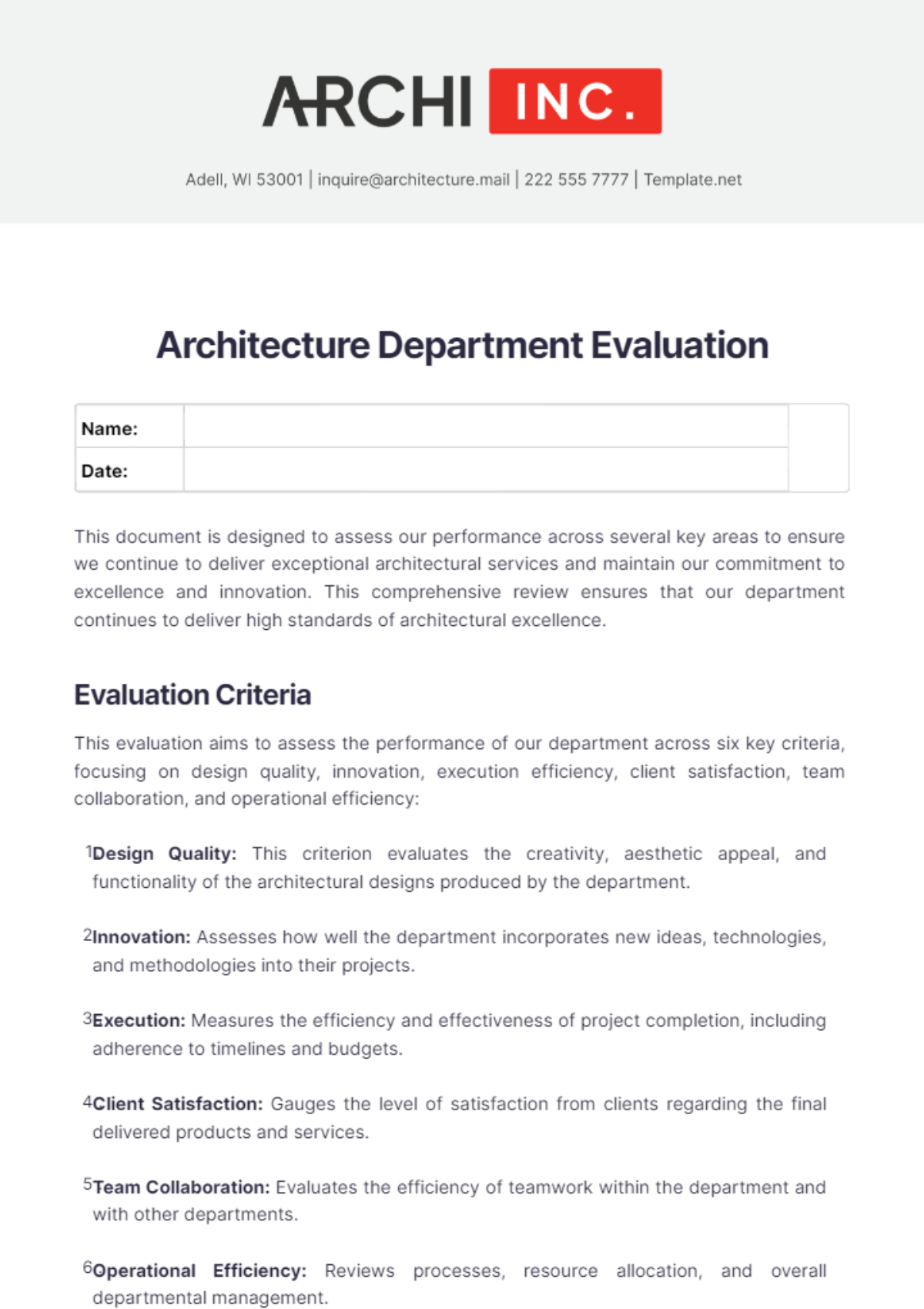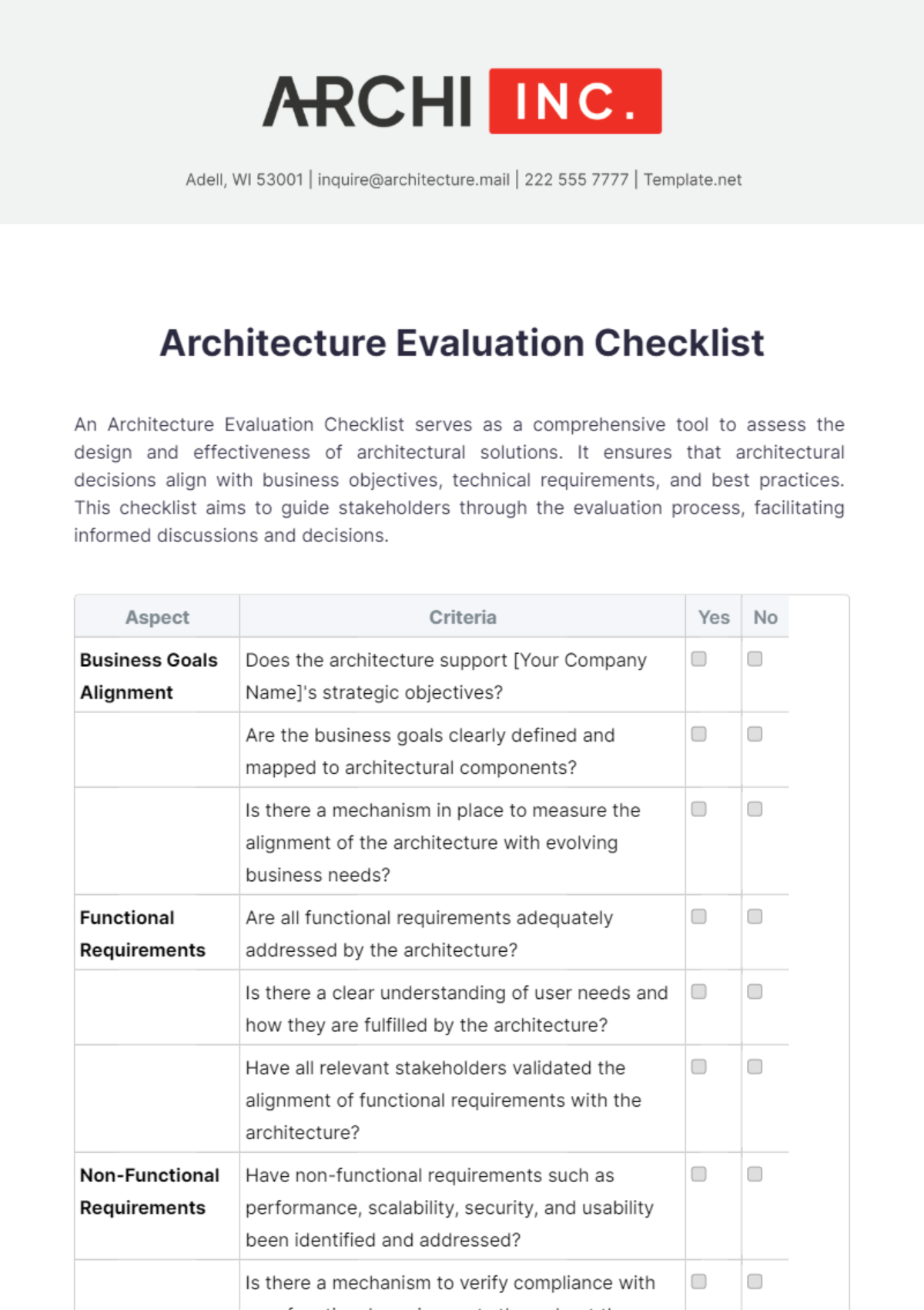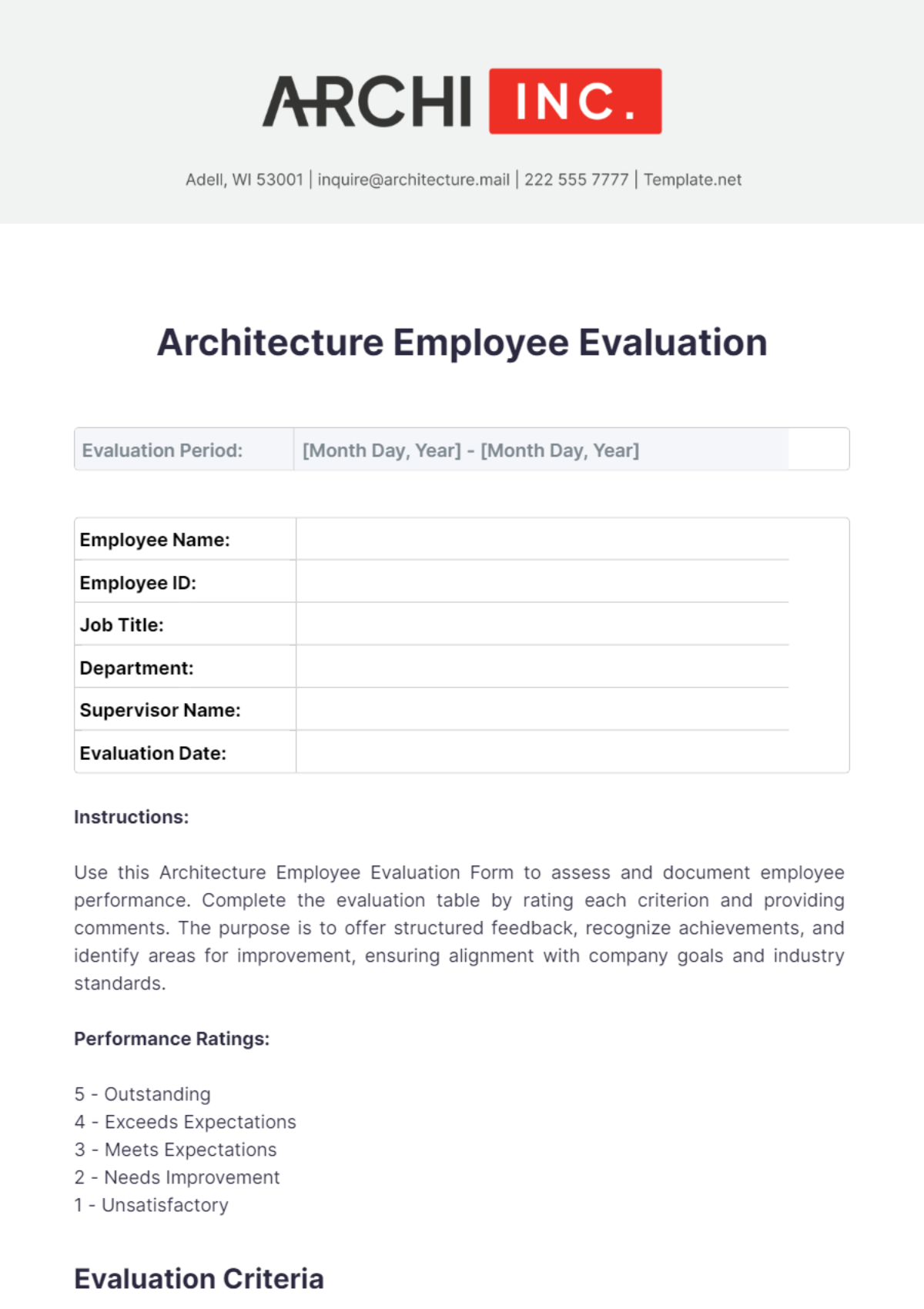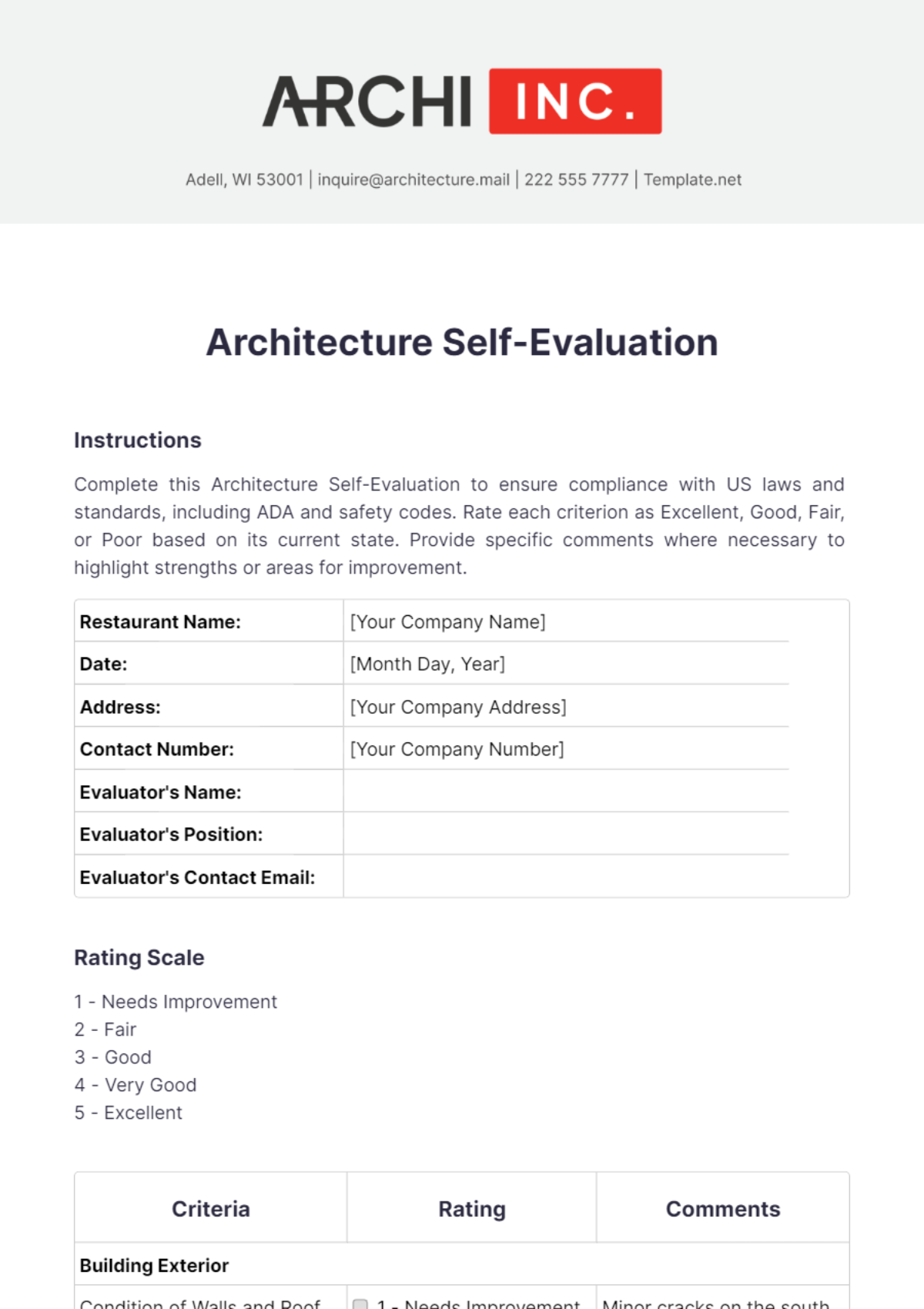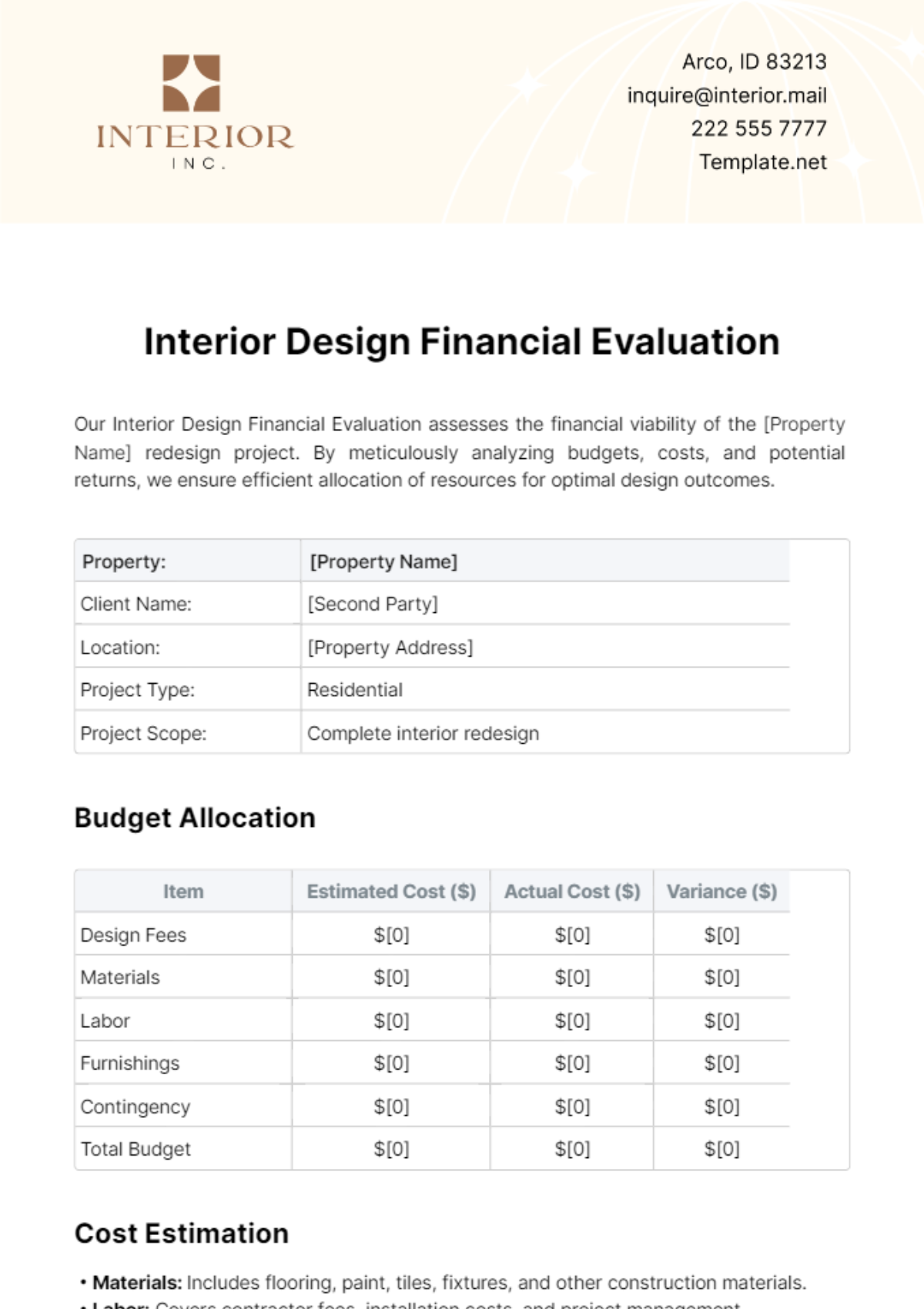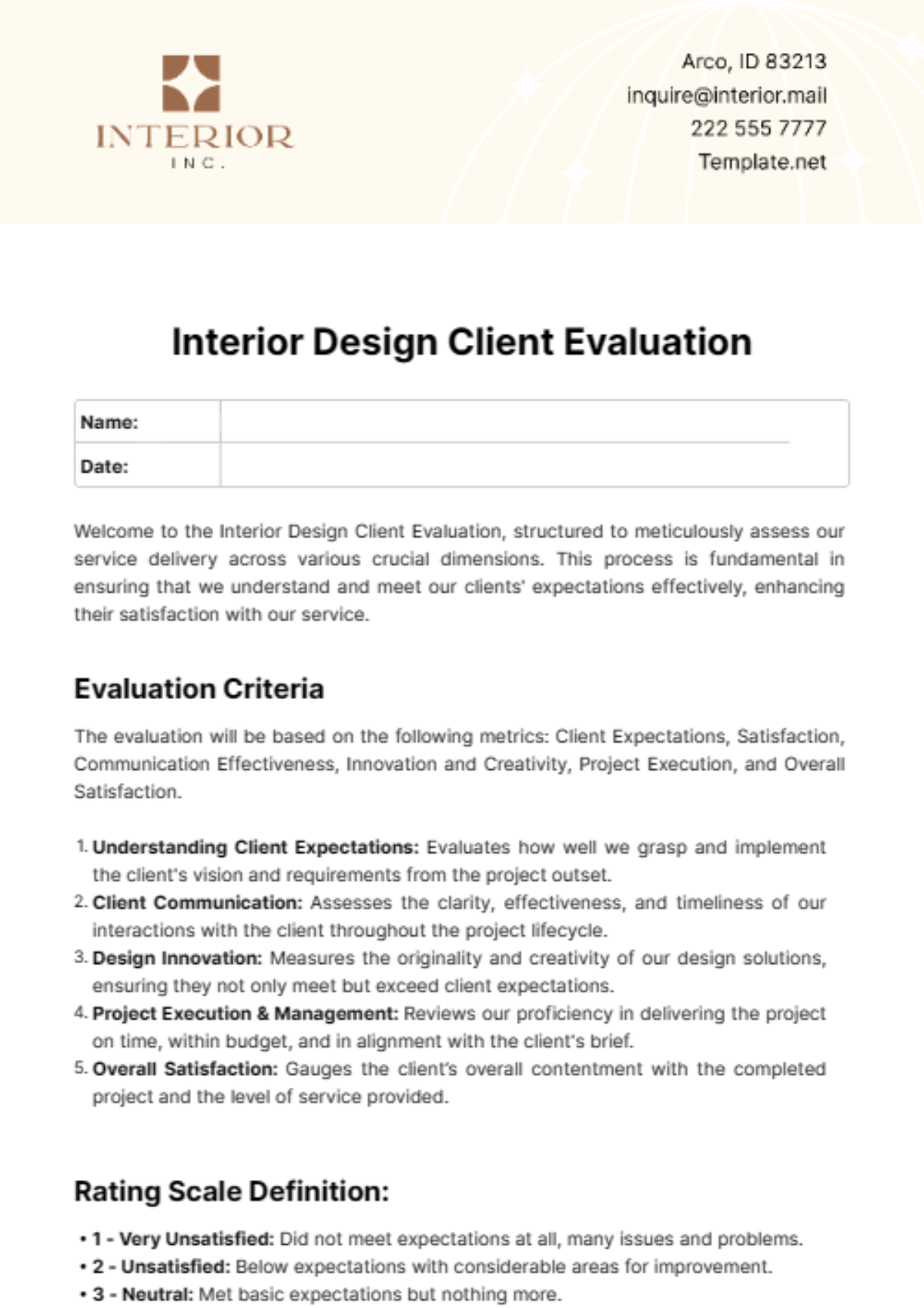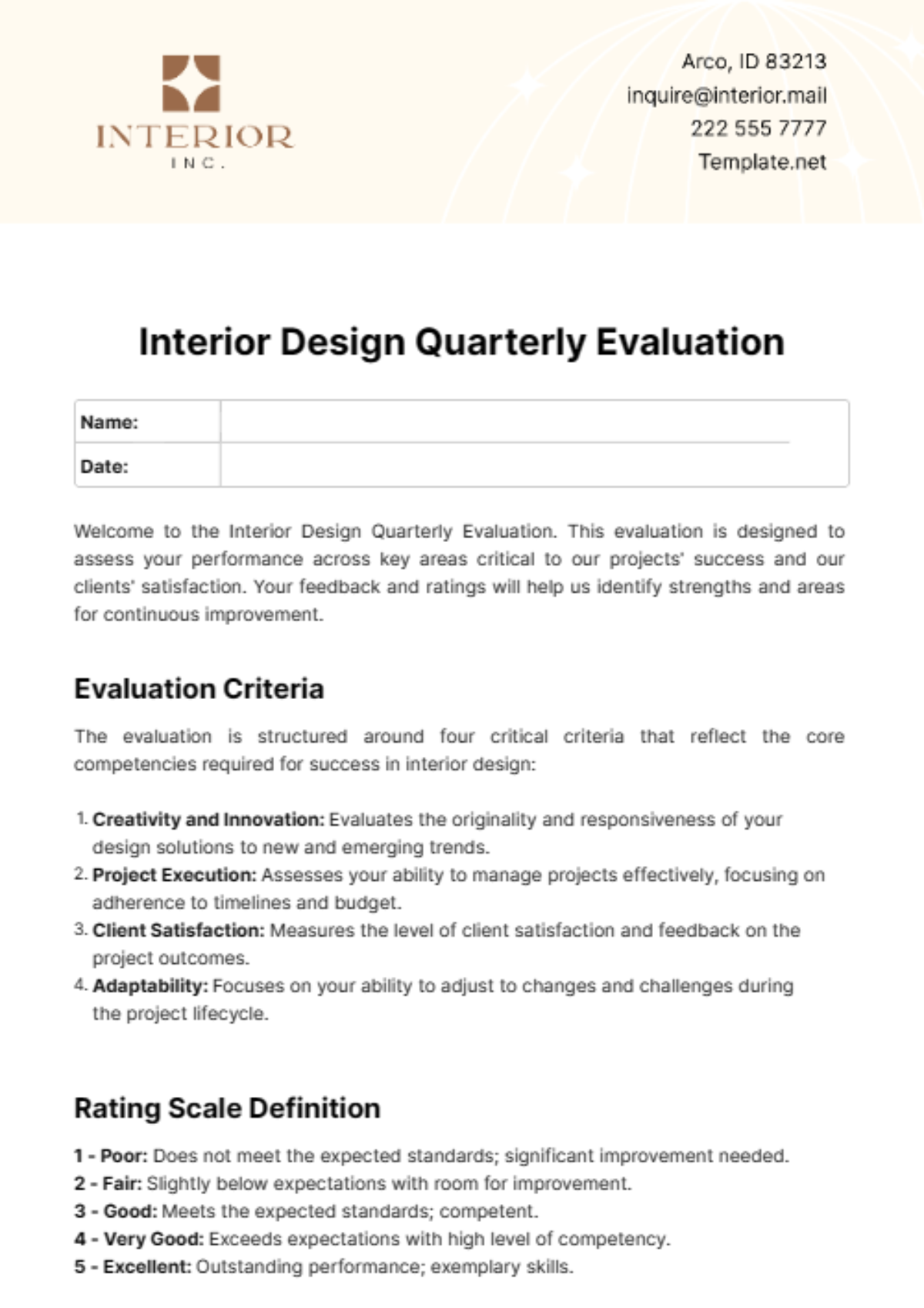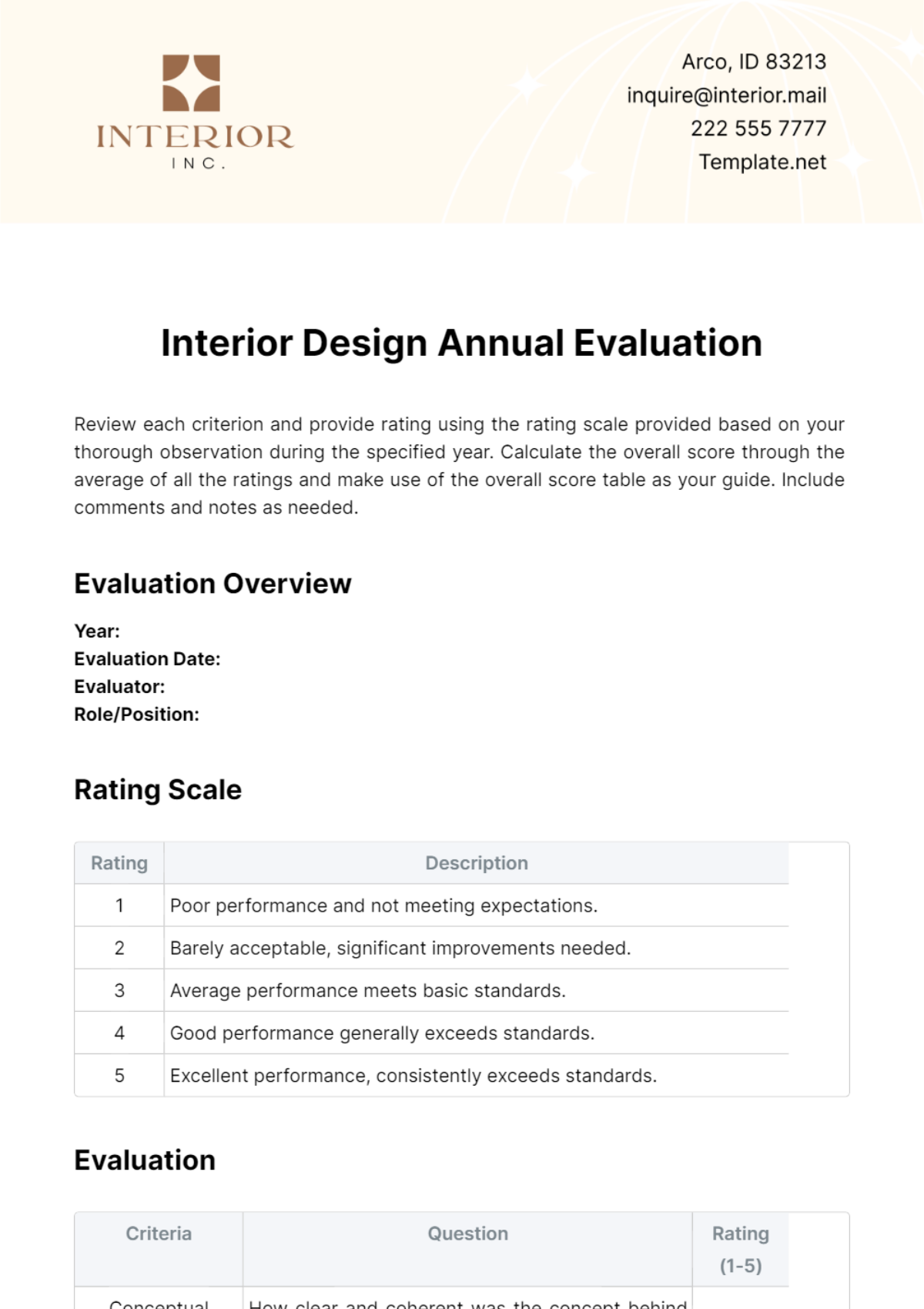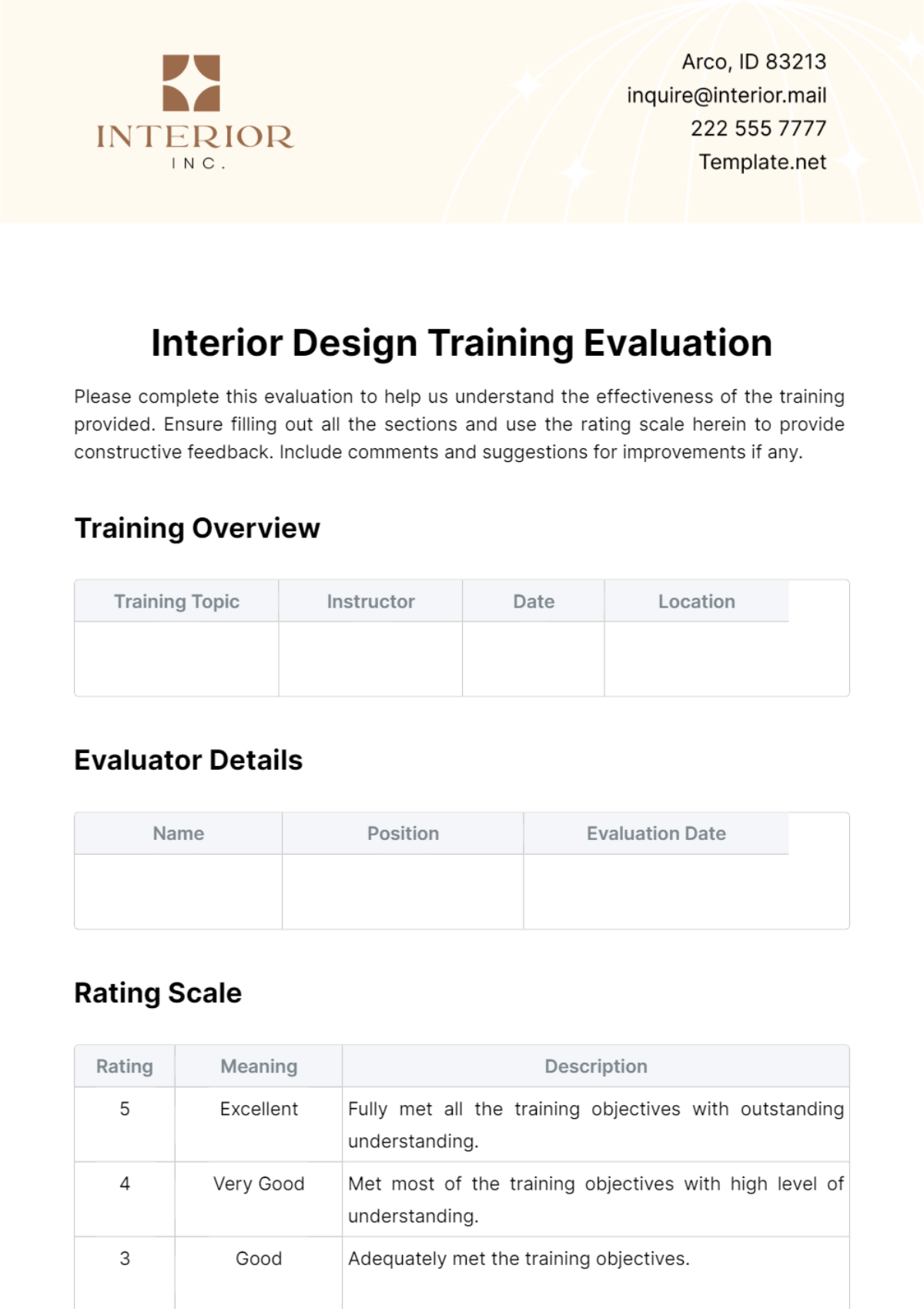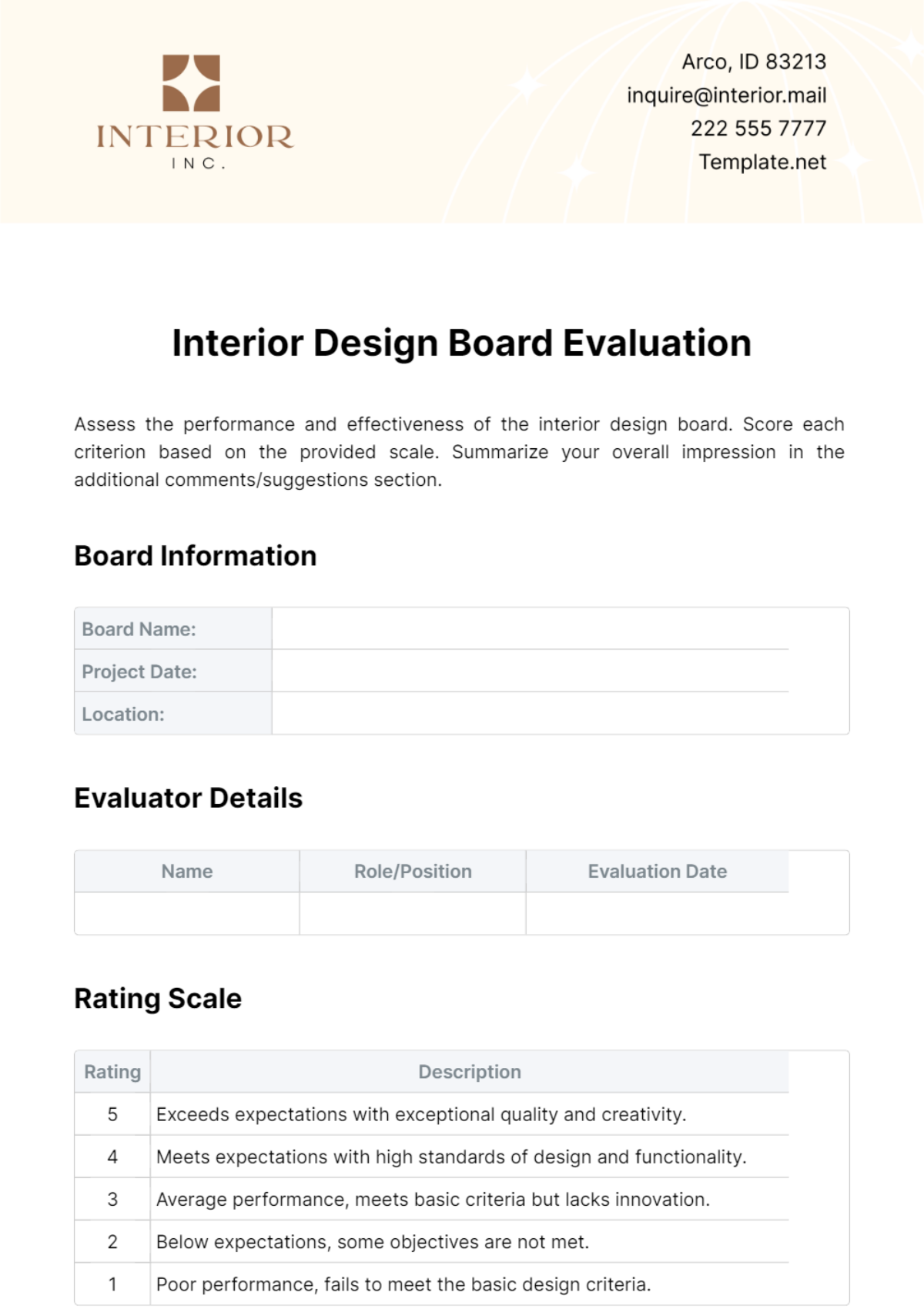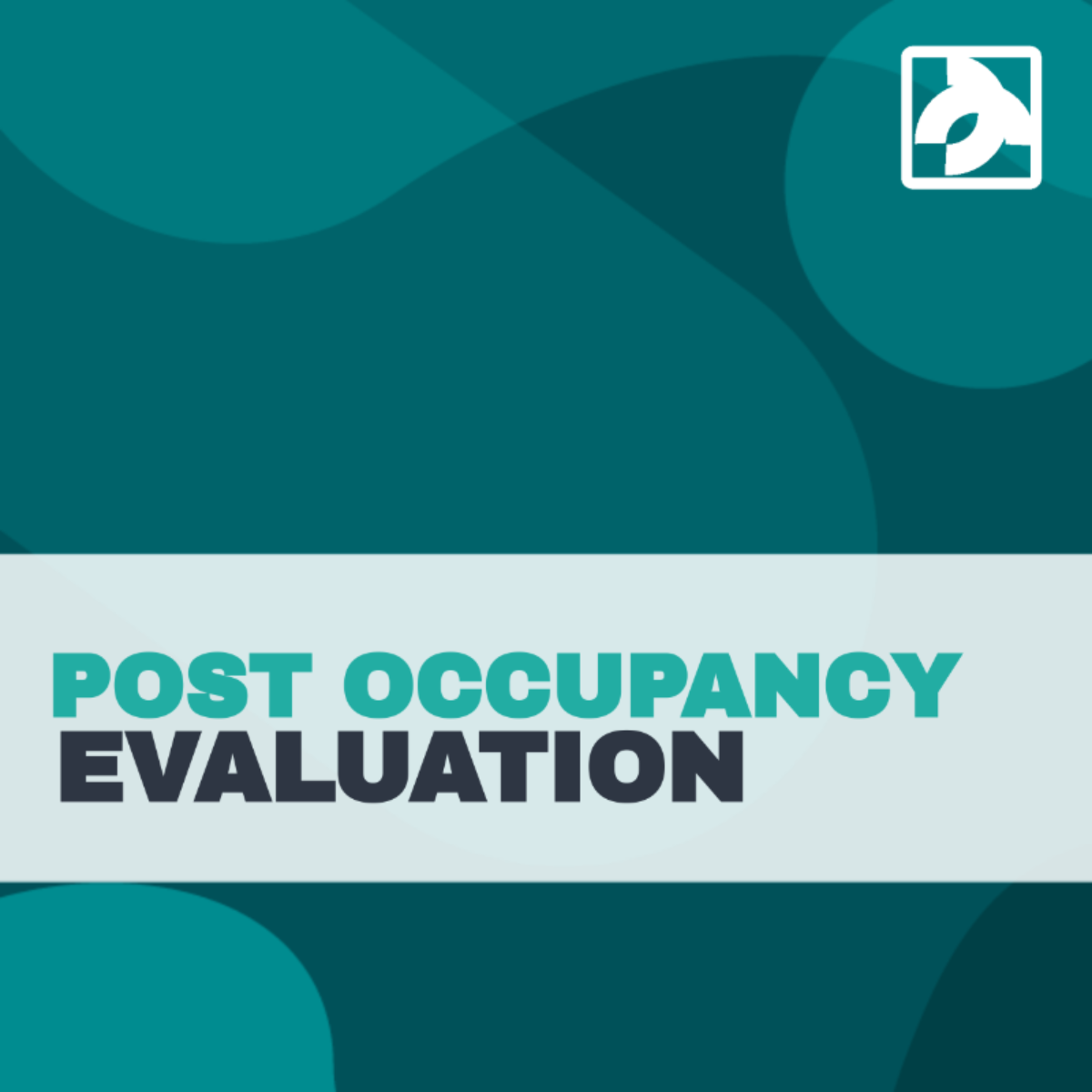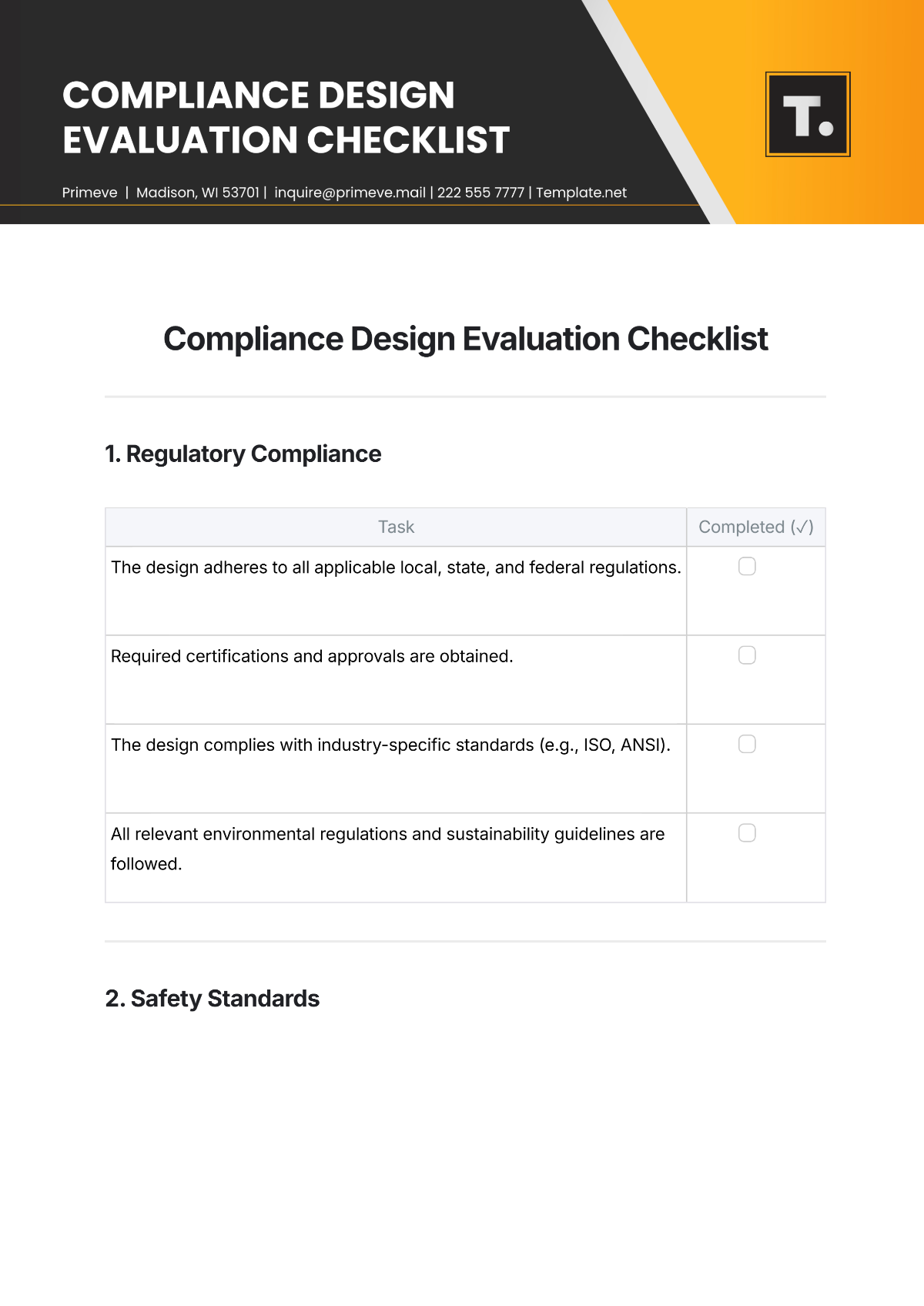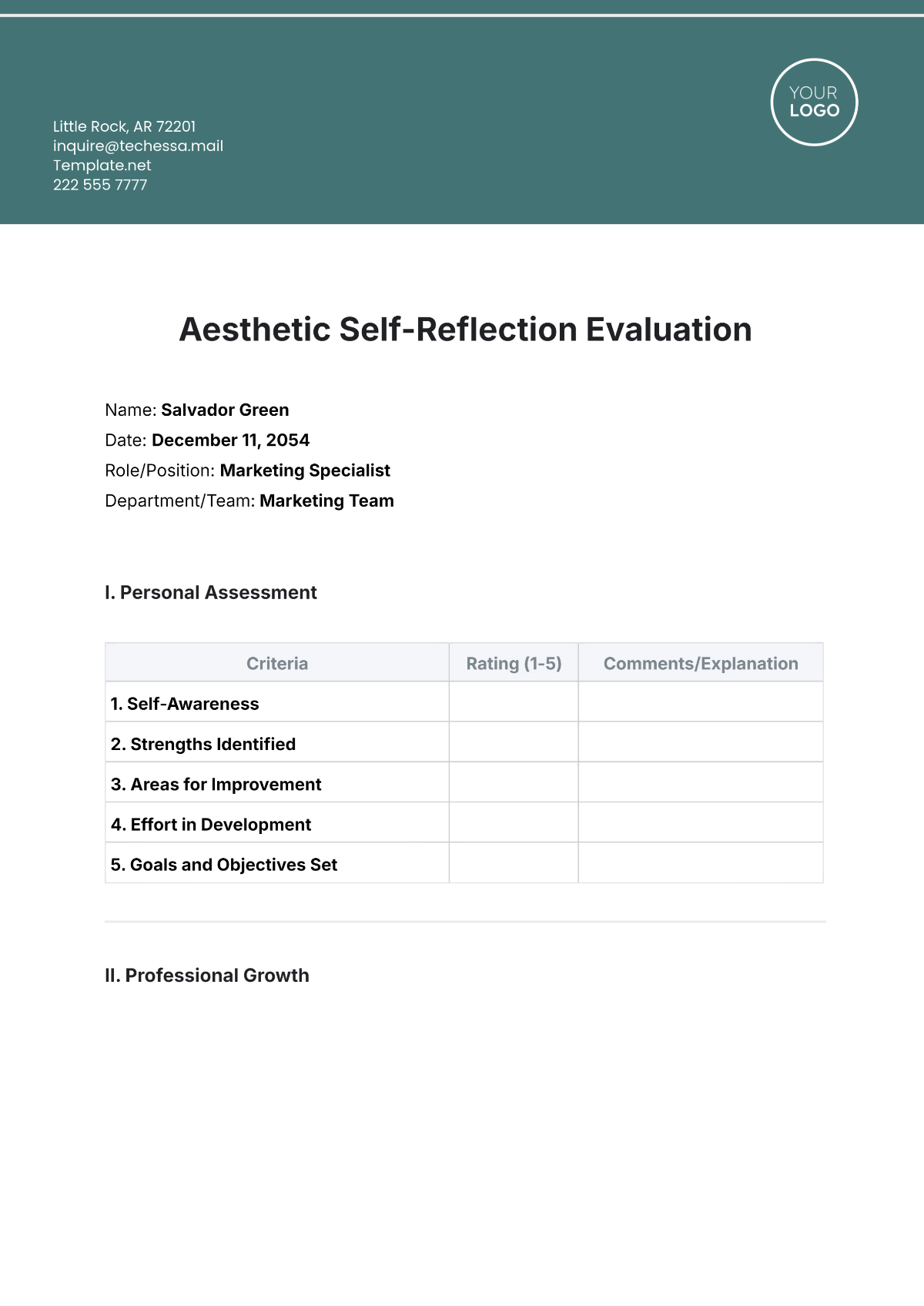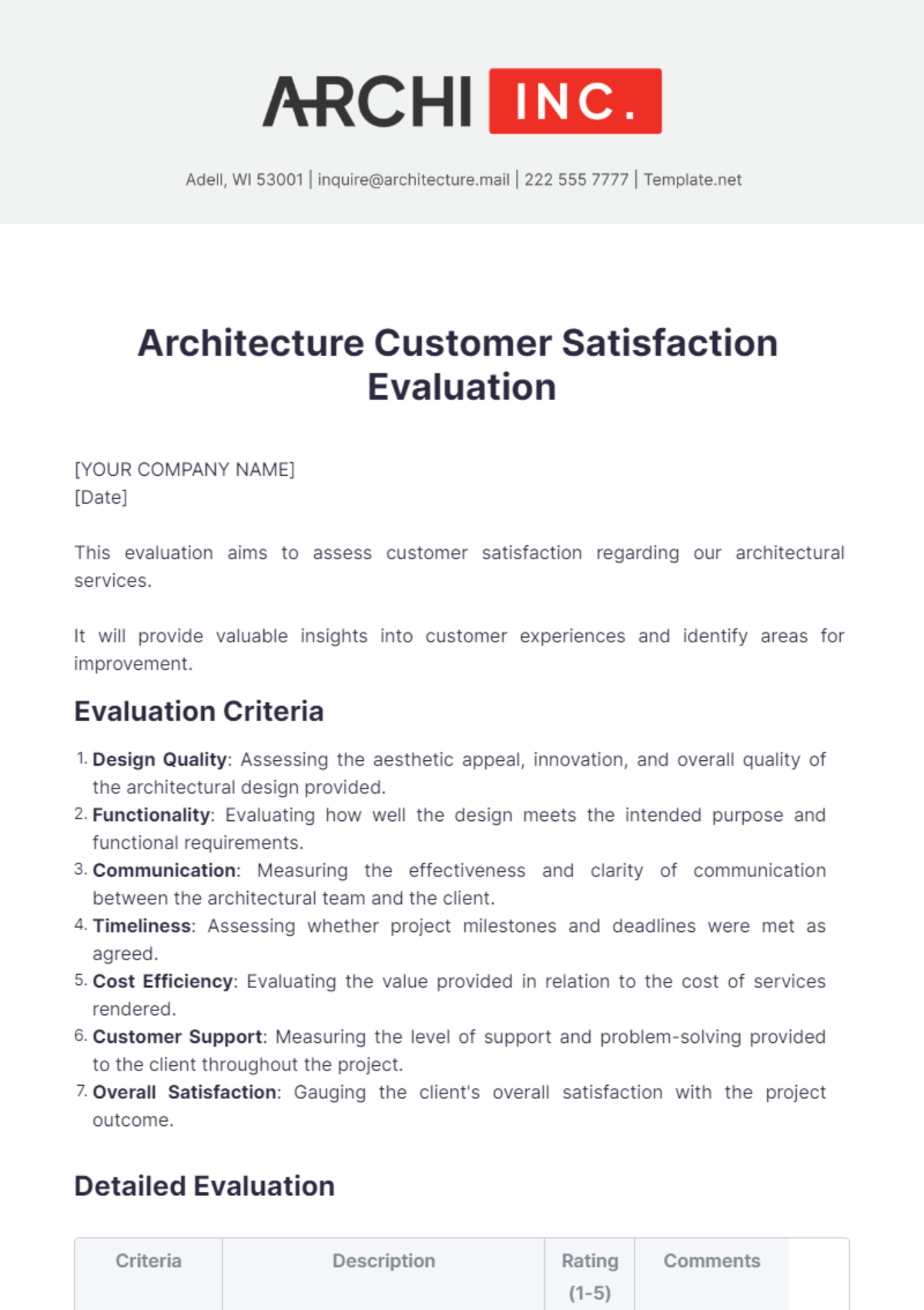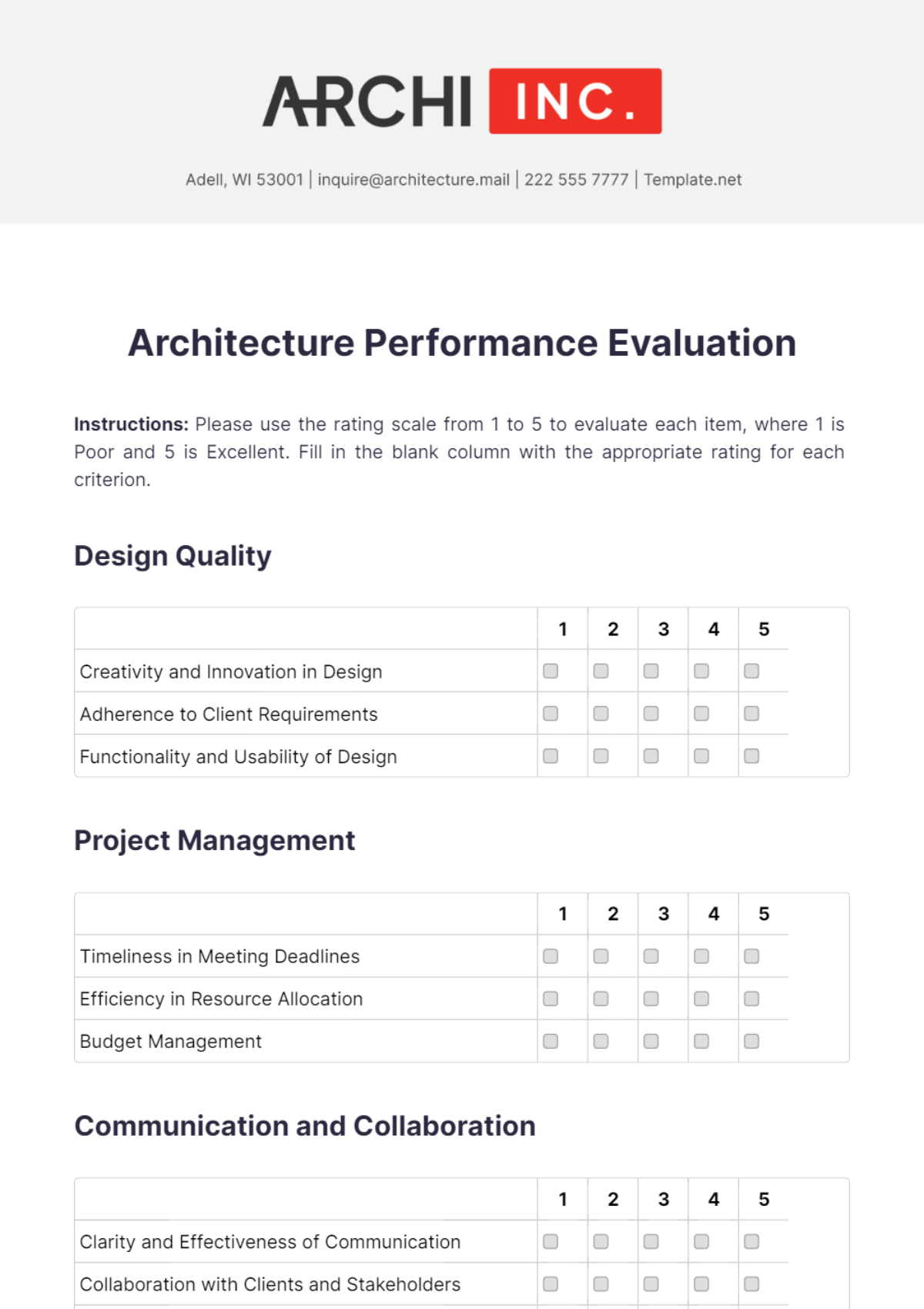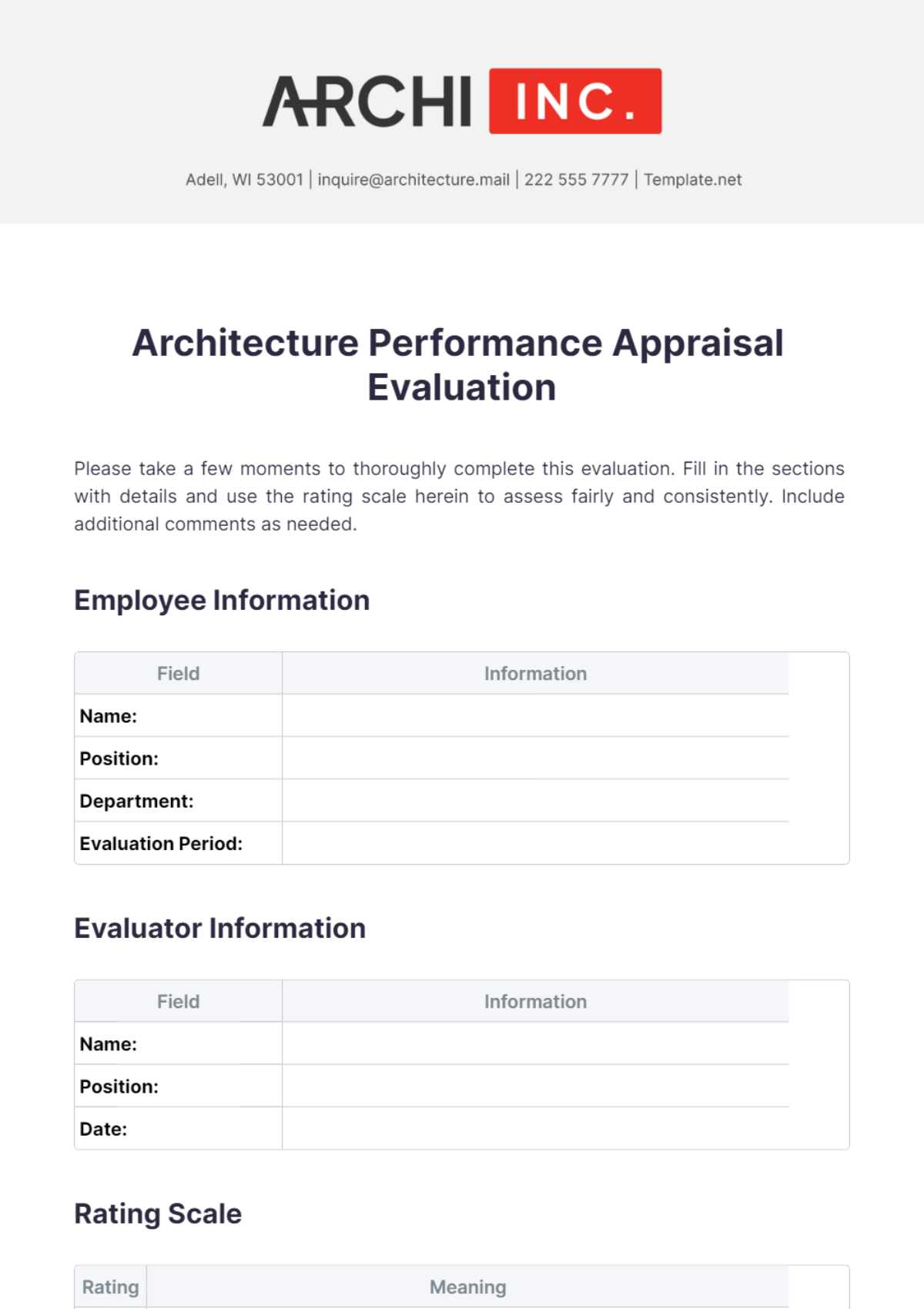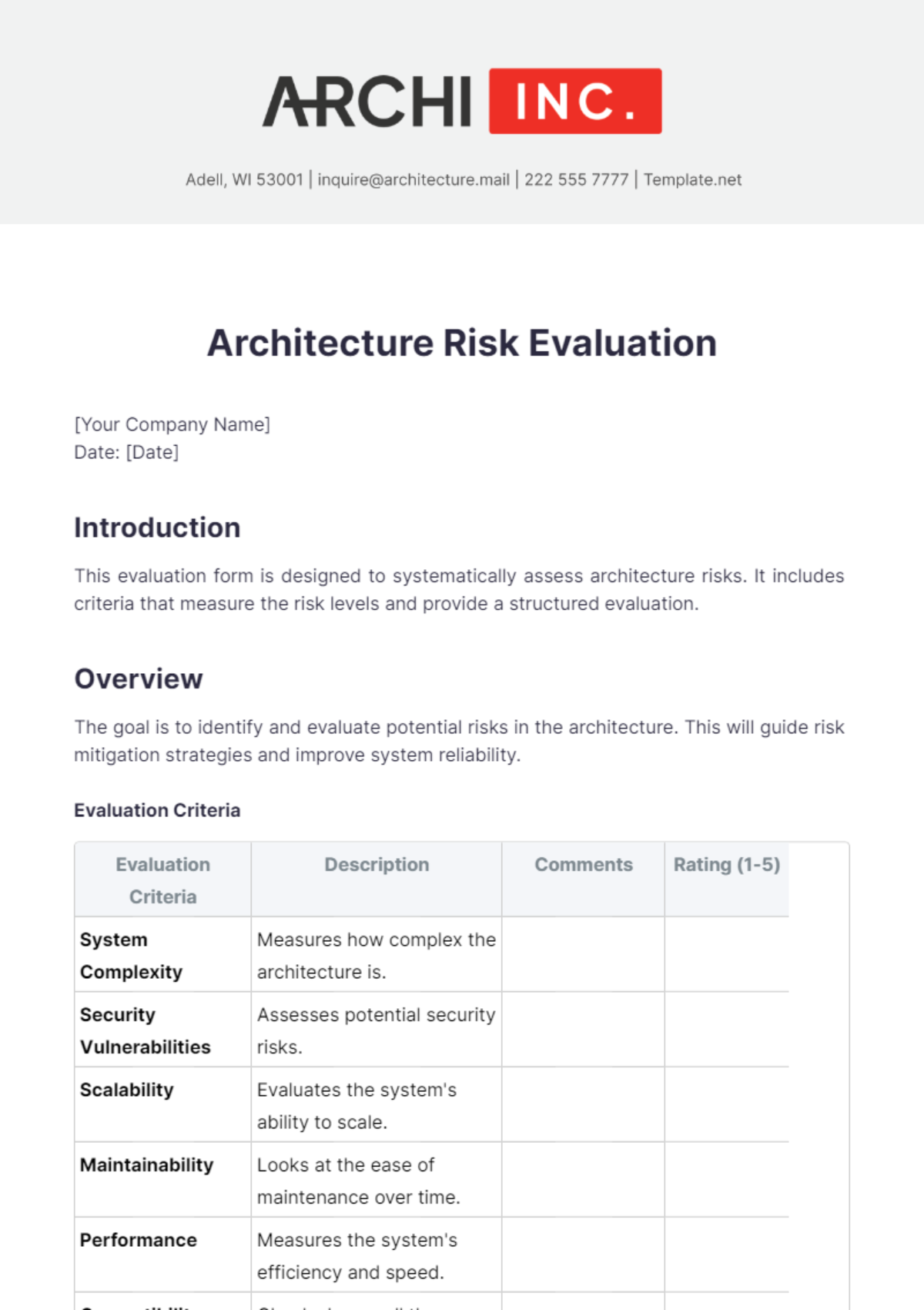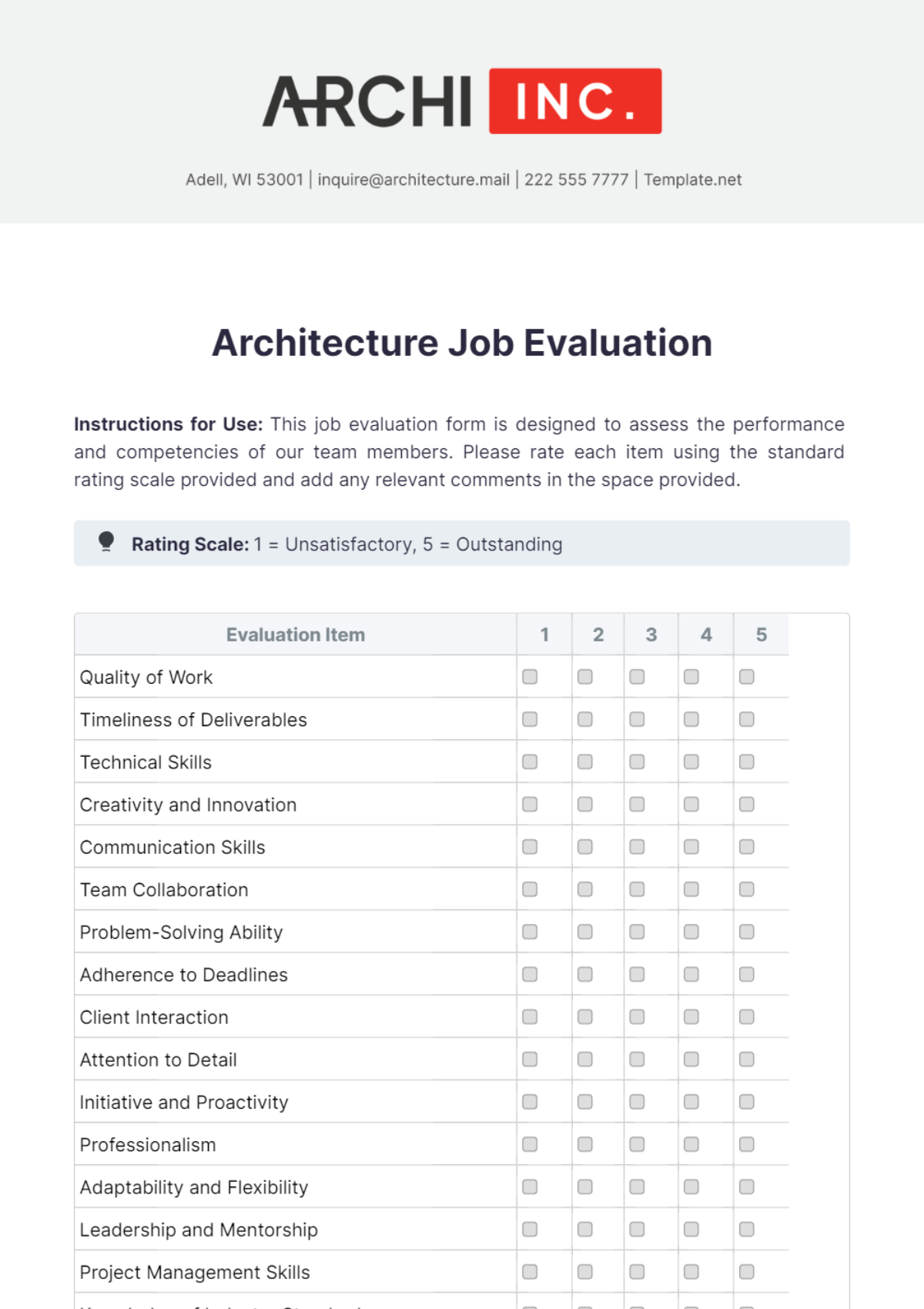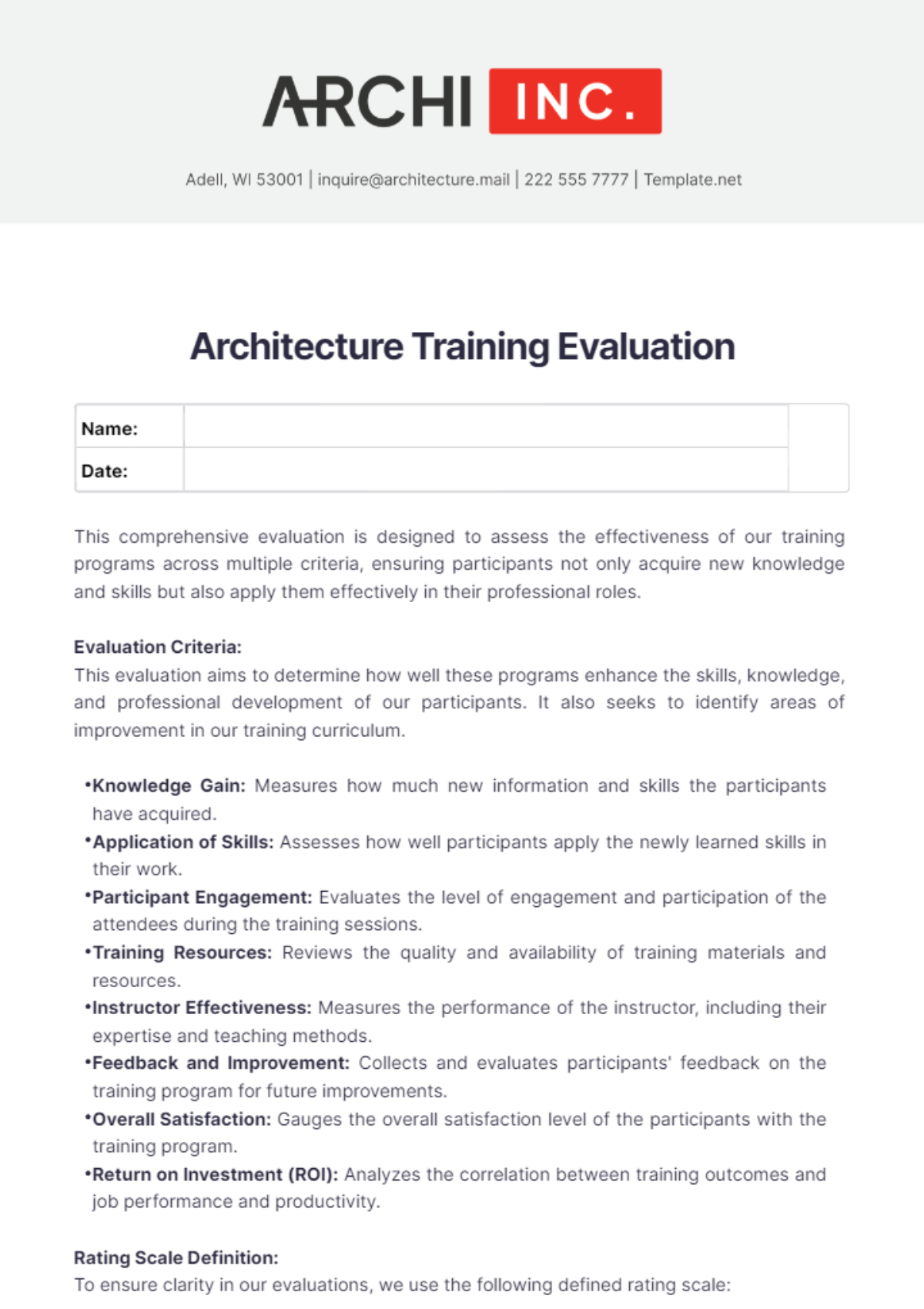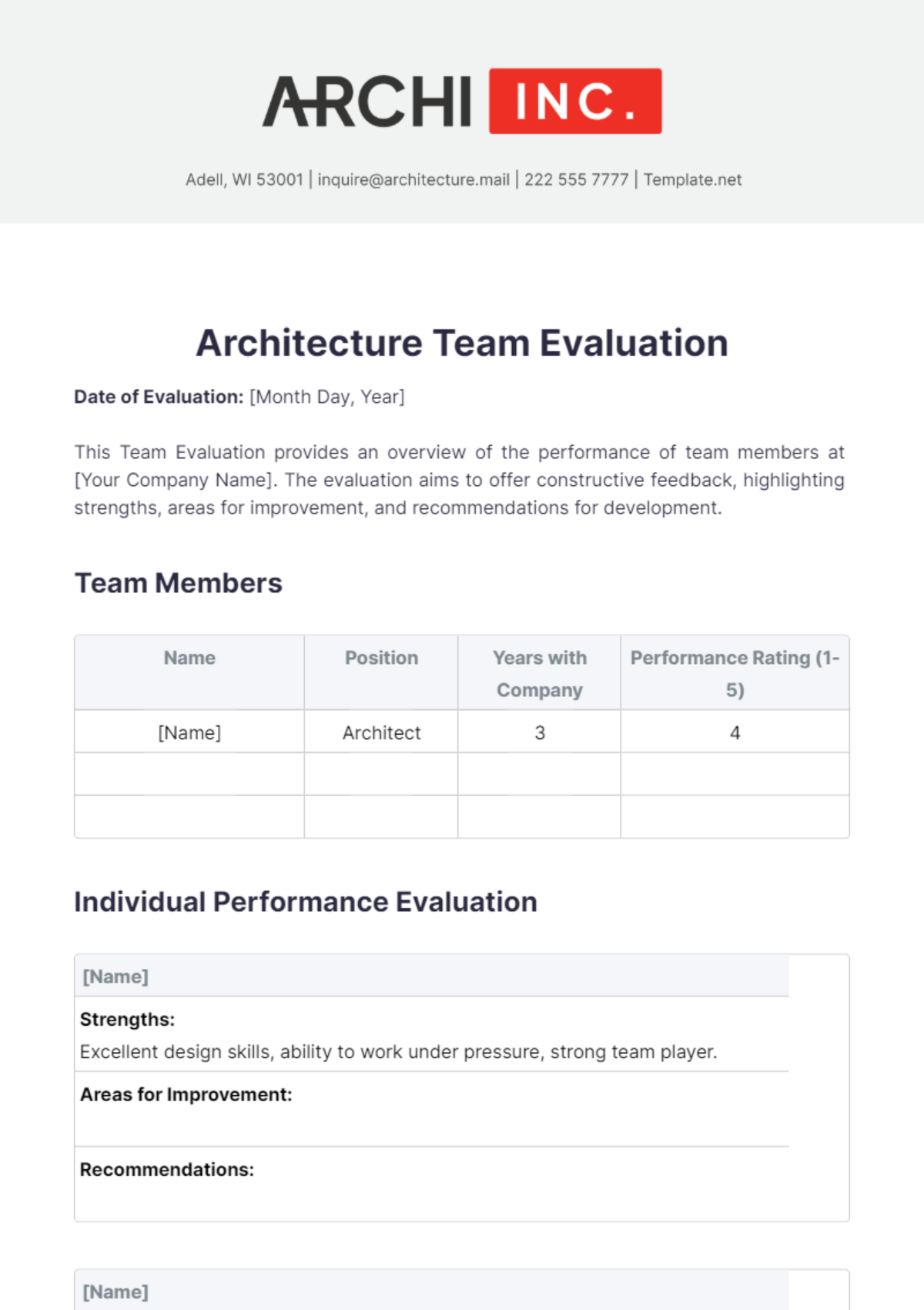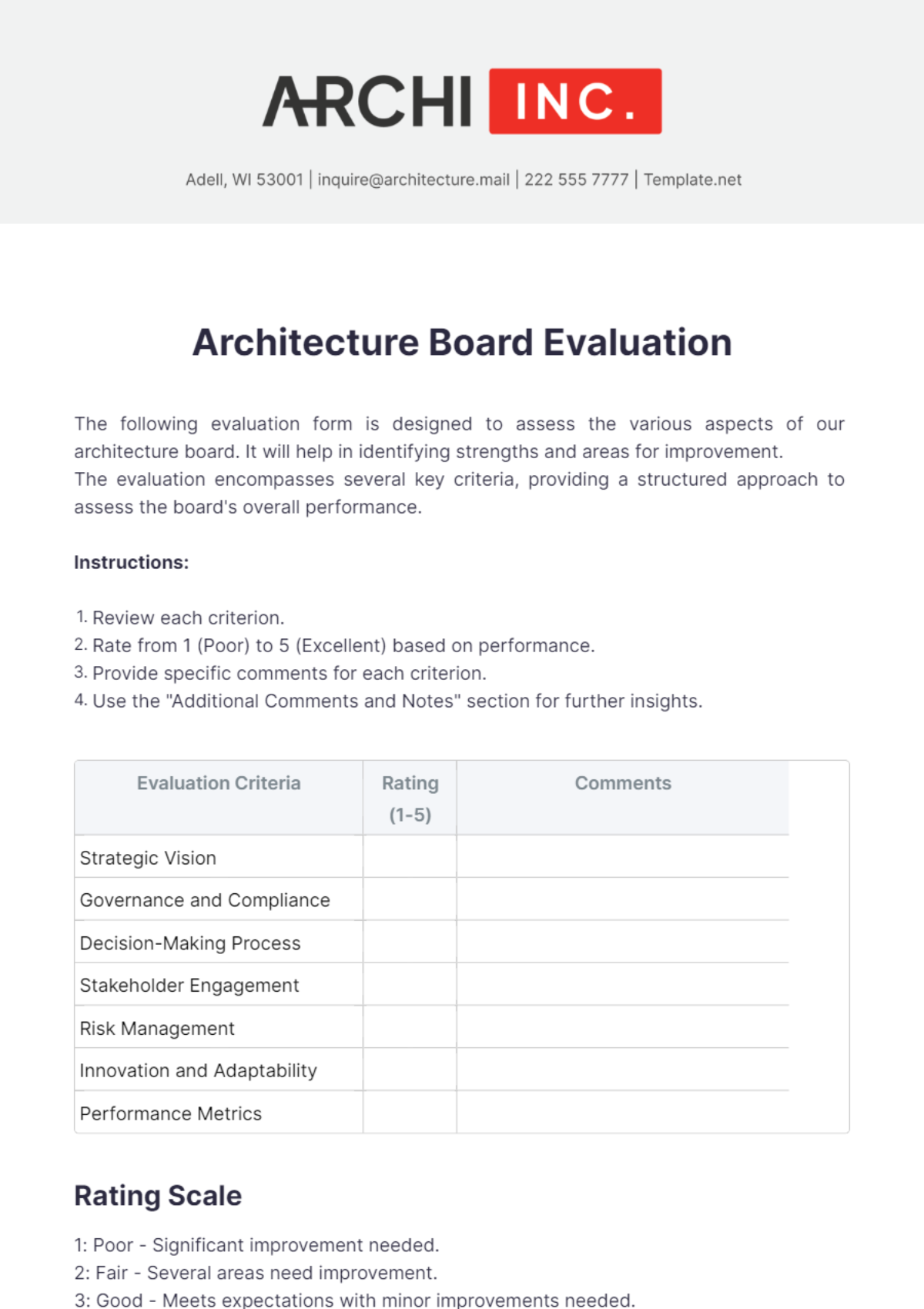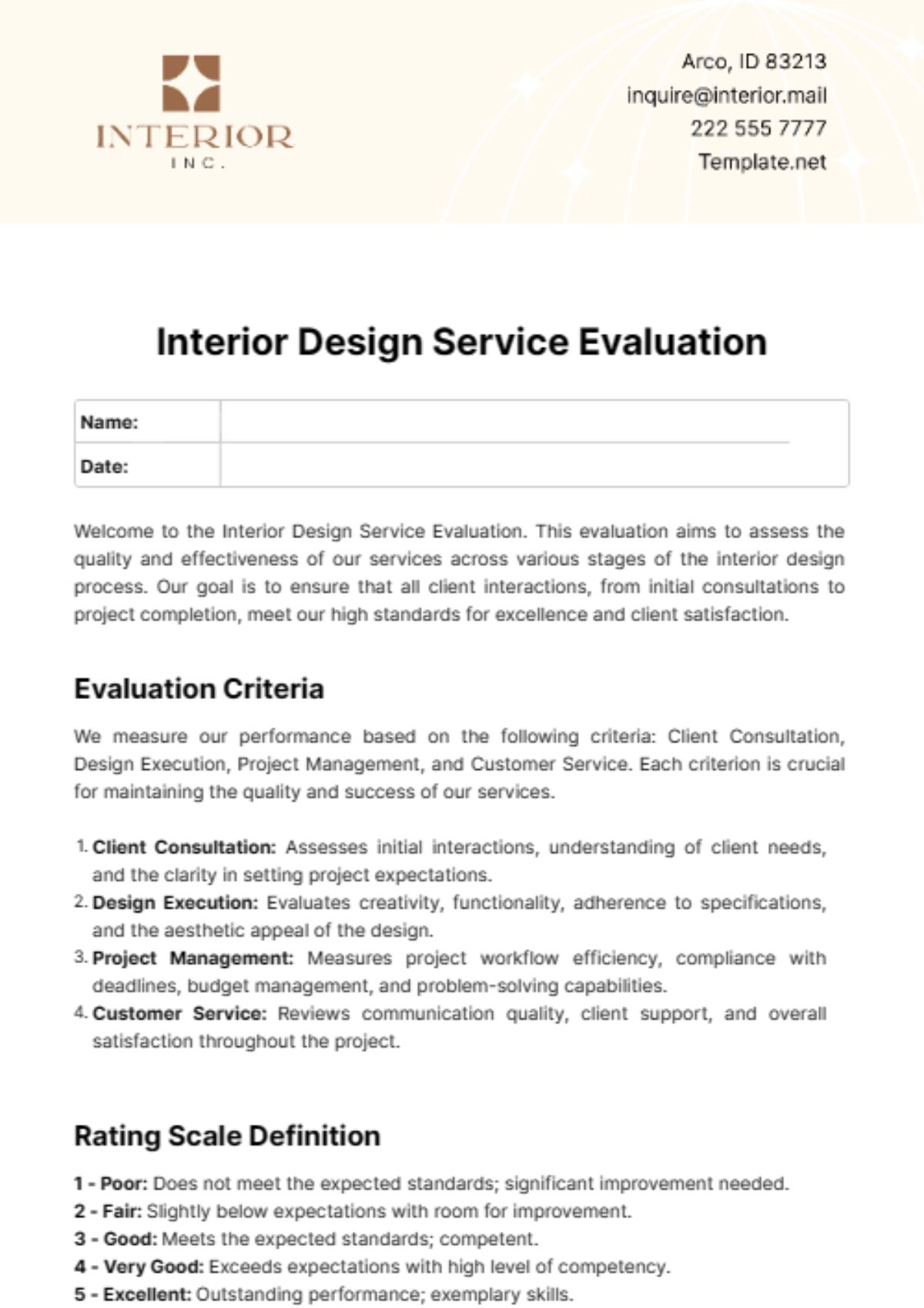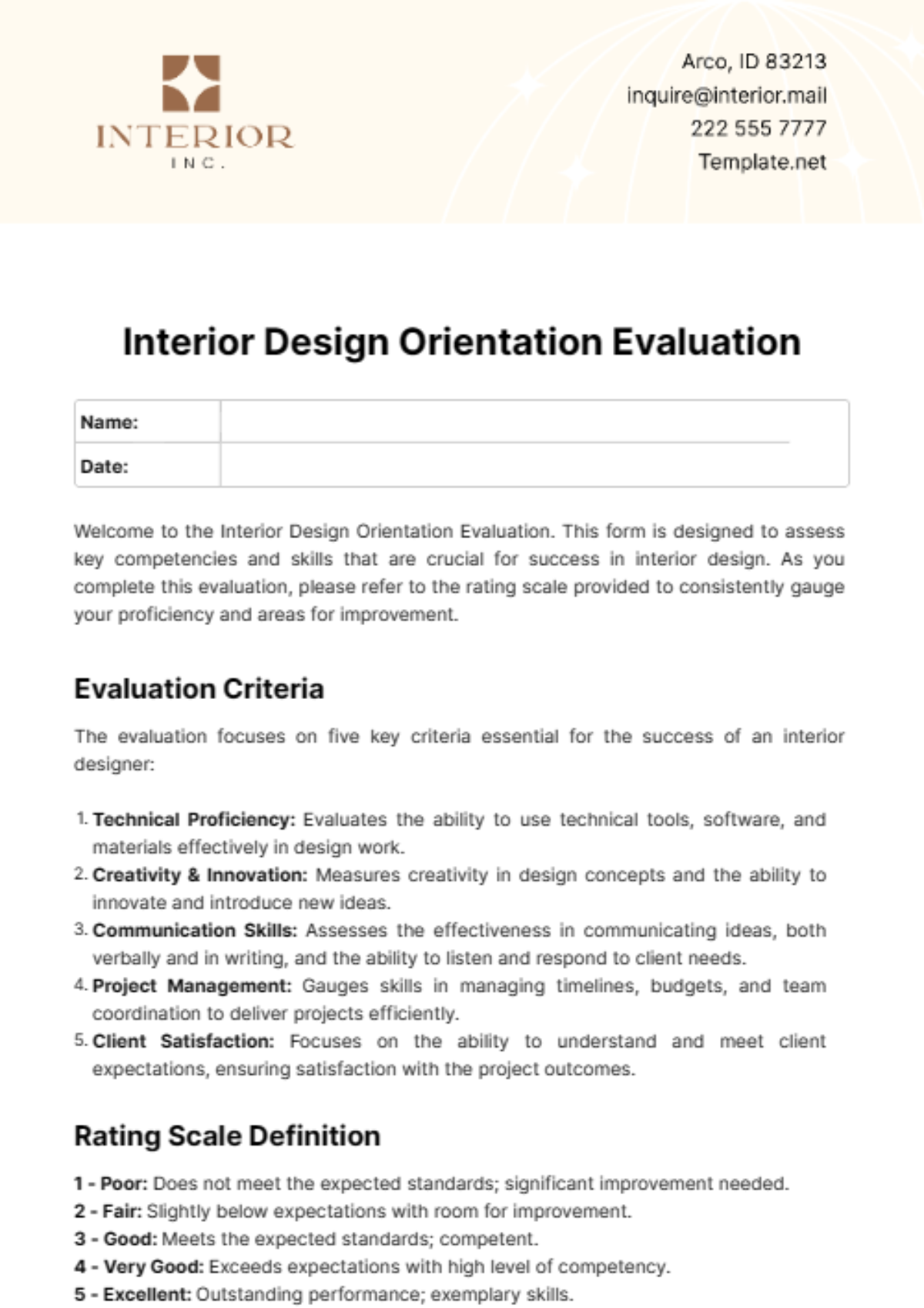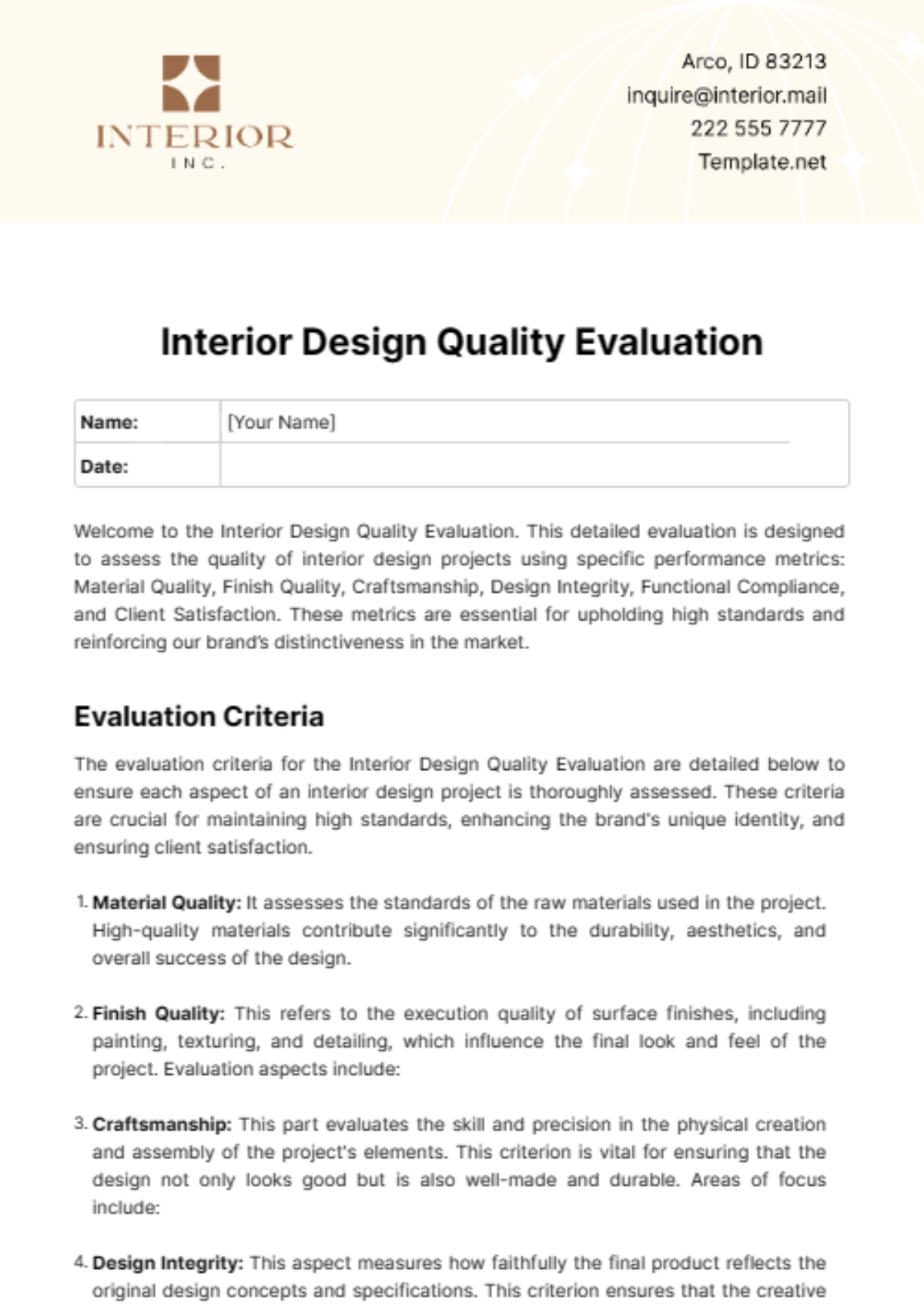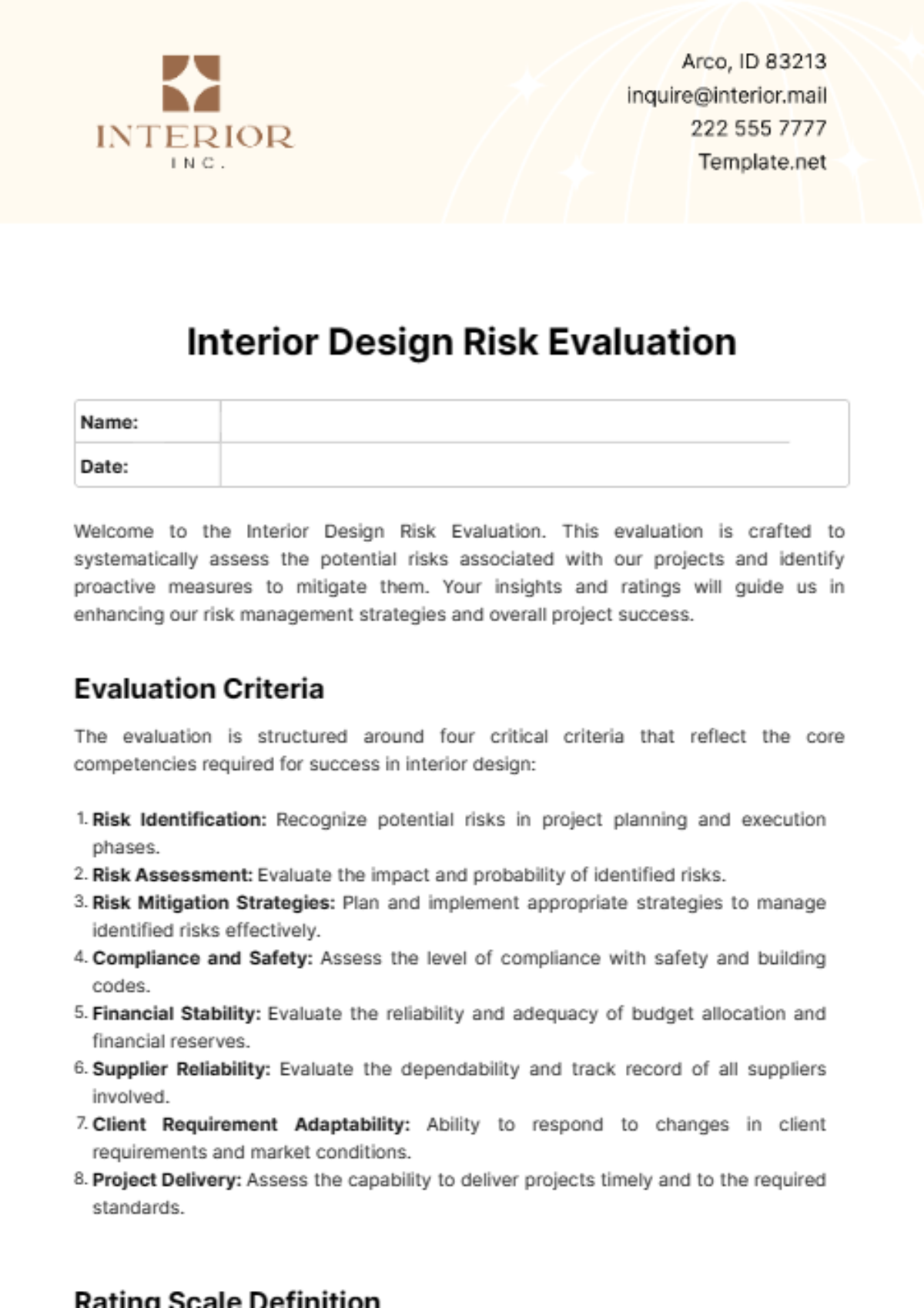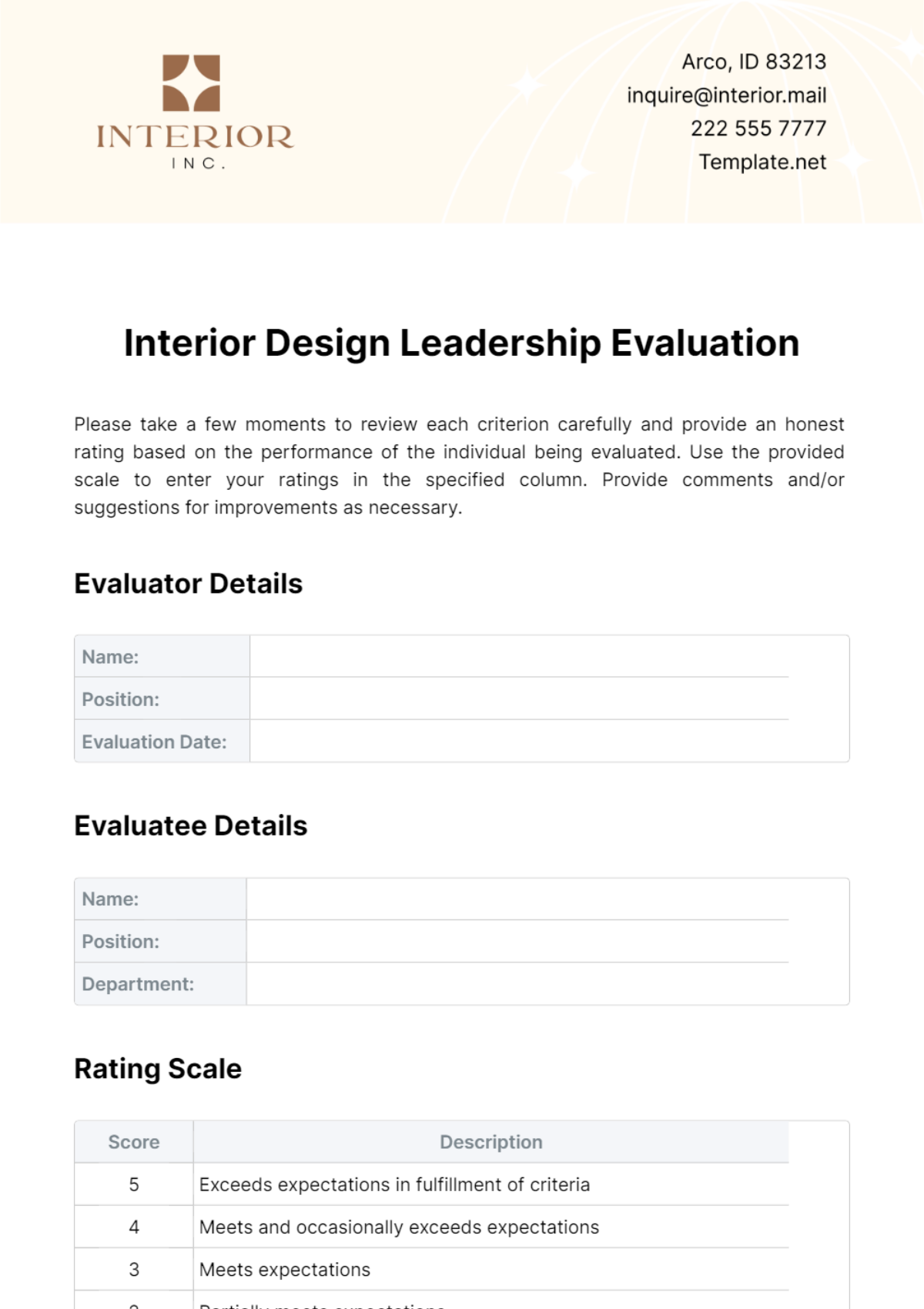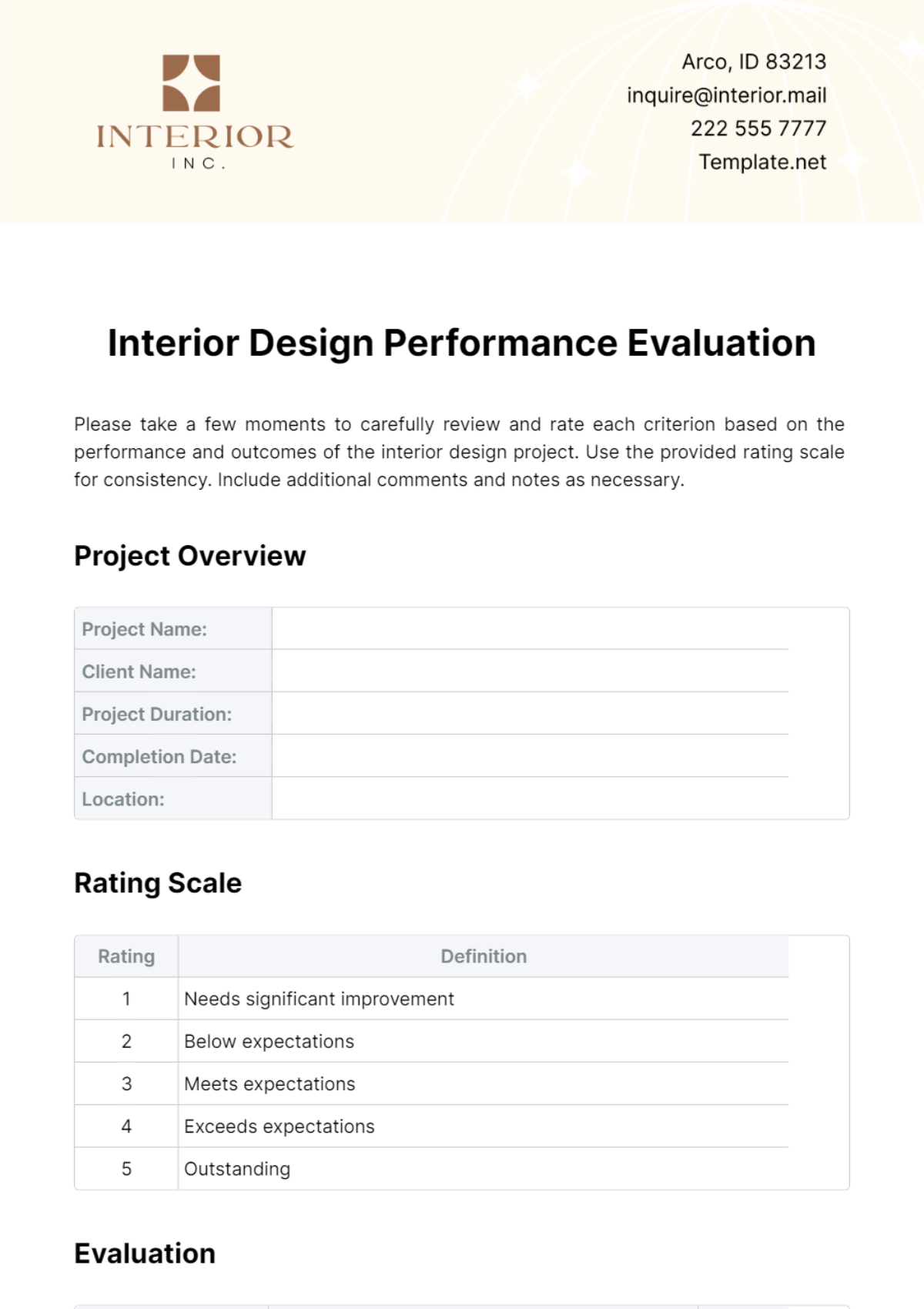Evaluation Matrix Design
Evaluation Objectives
Primary Goals
Evaluate the Community Wellness Program's effect on participants' health.
Evaluate the program's reach and accessibility within the community.
Identify strengths and areas for improvement in program delivery.
Secondary Goals
Gather feedback from participants and stakeholders.
Measure long-term sustainability and community integration of the program.
Evaluation Criteria
Health Outcomes
Indicator | Measurement Tool | Target Value | Actual Value |
|---|---|---|---|
Health metrics improvement (e.g., BMI, blood pressure) | Health surveys, clinical assessments | 15% improvement | TBD |
Reduced chronic disease in participants | Health records review | 10% reduction | TBD |
Participant Engagement
Indicator | Measurement Tool | Target Value | Actual Value |
|---|---|---|---|
Increase in program attendance rates | Attendance records | 20% increase | TBD |
Participant satisfaction rating | Post-program surveys | 85% satisfied | TBD |
Community Impact
Indicator | Measurement Tool | Target Value | Actual Value |
|---|---|---|---|
Number of community partnerships formed | Partnership records | 5 new partners | TBD |
Community awareness of health resources | Community surveys | 70% aware | TBD |
Methodology
Data Collection
Surveys: Conduct pre- and post-program surveys to gather data on participant health and satisfaction.
Focus Groups: Facilitate focus groups with participants and community members to obtain qualitative insights.
Health Records: Review health records to track changes in health outcomes over time.
Stakeholder Involvement
Engage stakeholders, including local health organizations, community leaders, and program participants, throughout the evaluation process to ensure comprehensive feedback and insights.
Findings and Recommendations
Analysis
Data will be analyzed to identify trends and correlations between program participation and health outcomes. A mixed-methods approach will be used to combine quantitative data from surveys and health records with qualitative insights from focus groups.
Reporting
Results will be compiled into a detailed report, including visual aids like charts and graphs to illustrate key findings. This report will be shared with stakeholders, including [Your Company Name] and community partners, via email at [Your Company Email].
For further information or to participate in the evaluation, please contact [Your Name] at [Your Email] or visit [Your Company Website].

